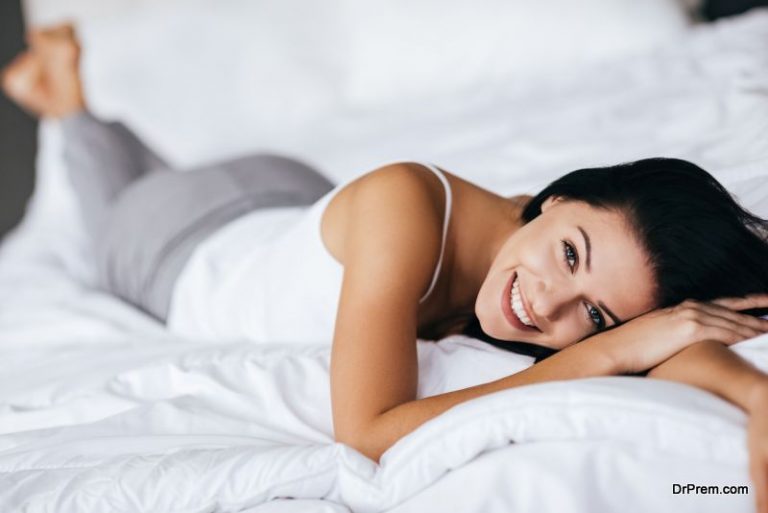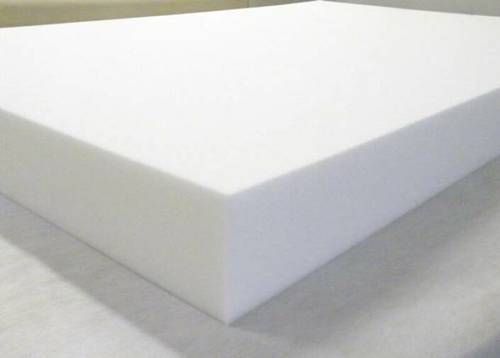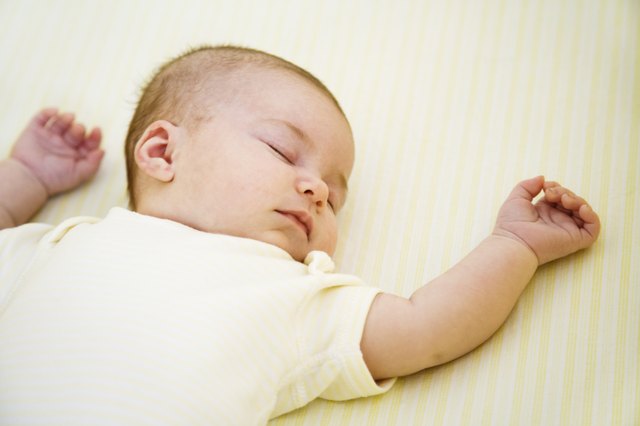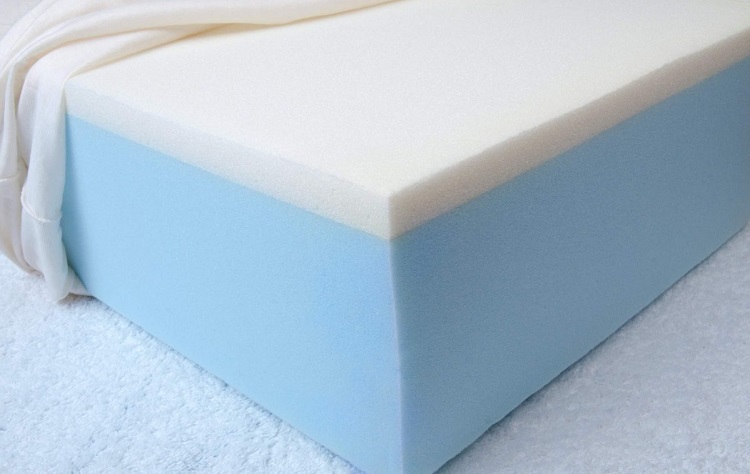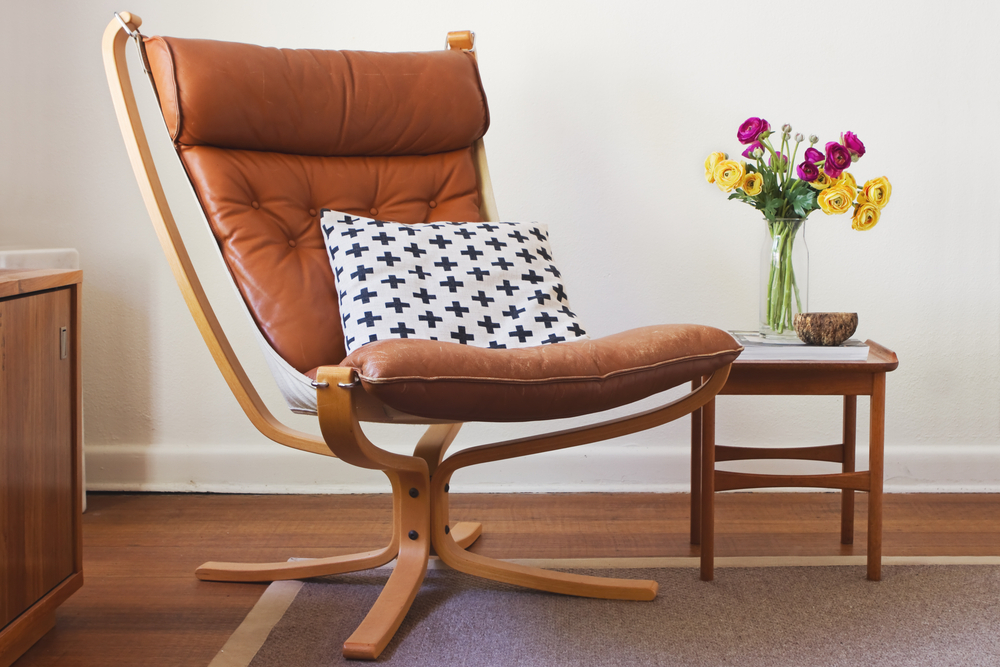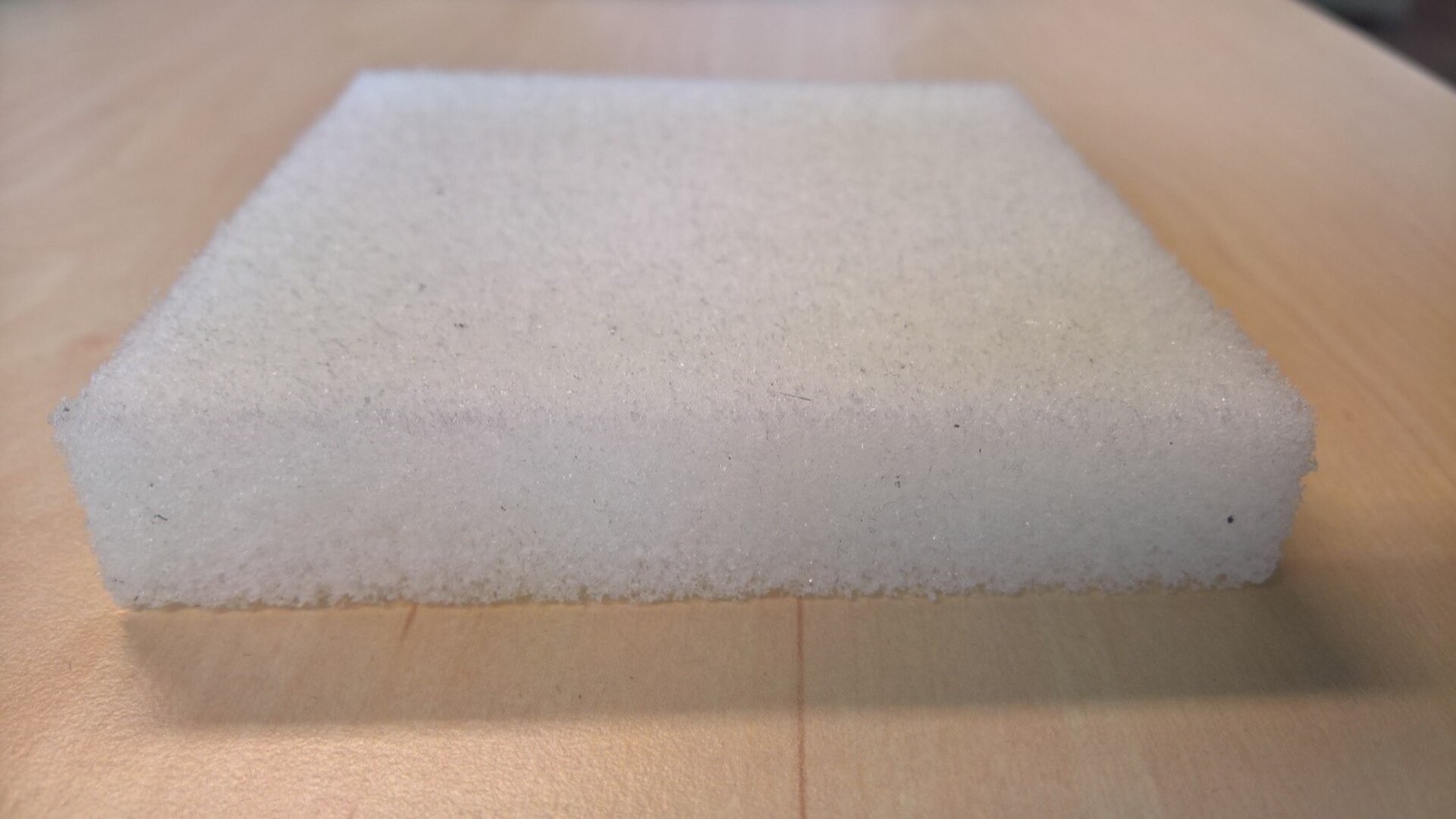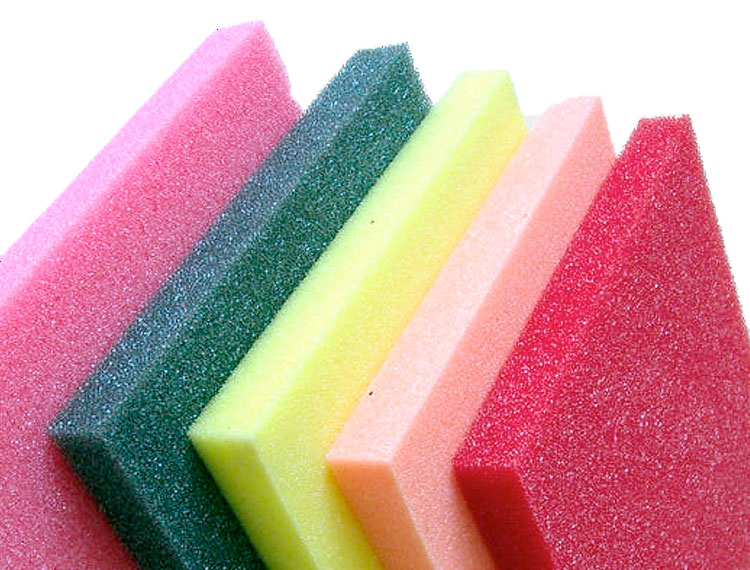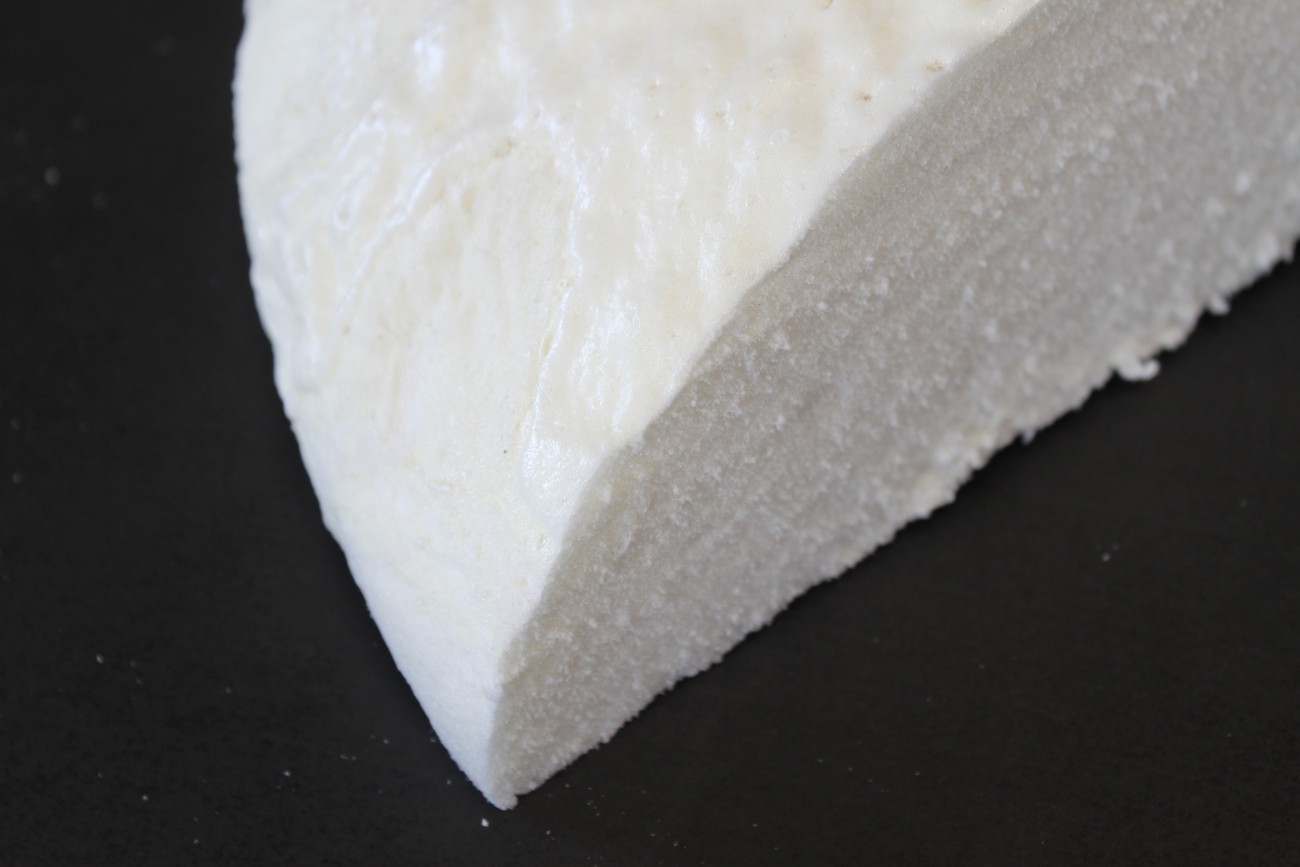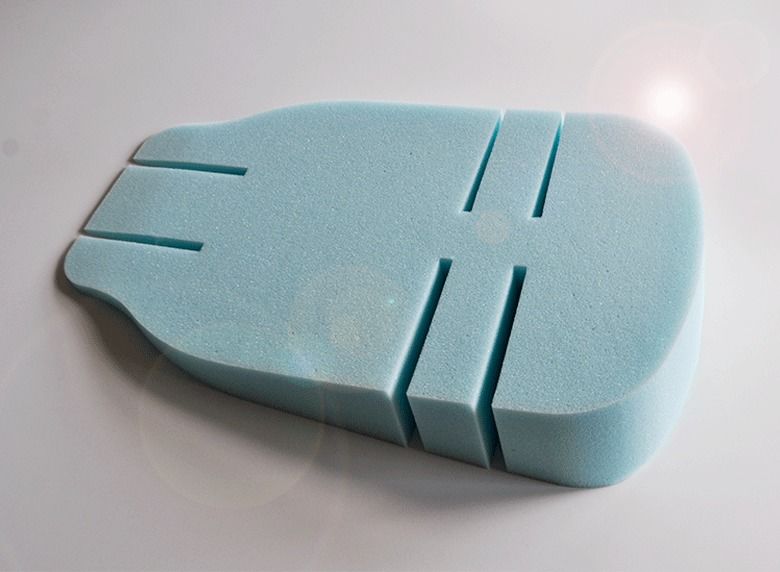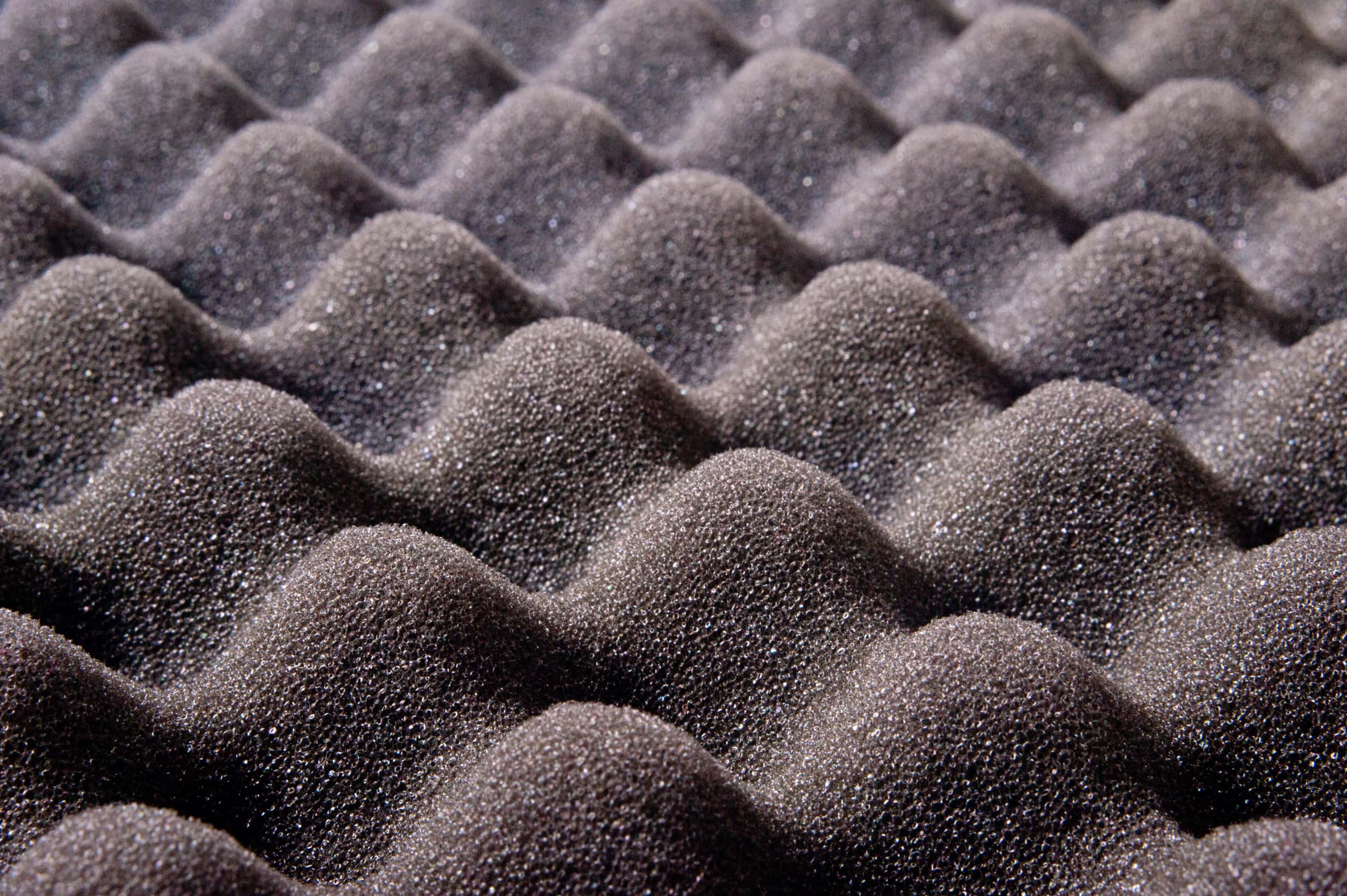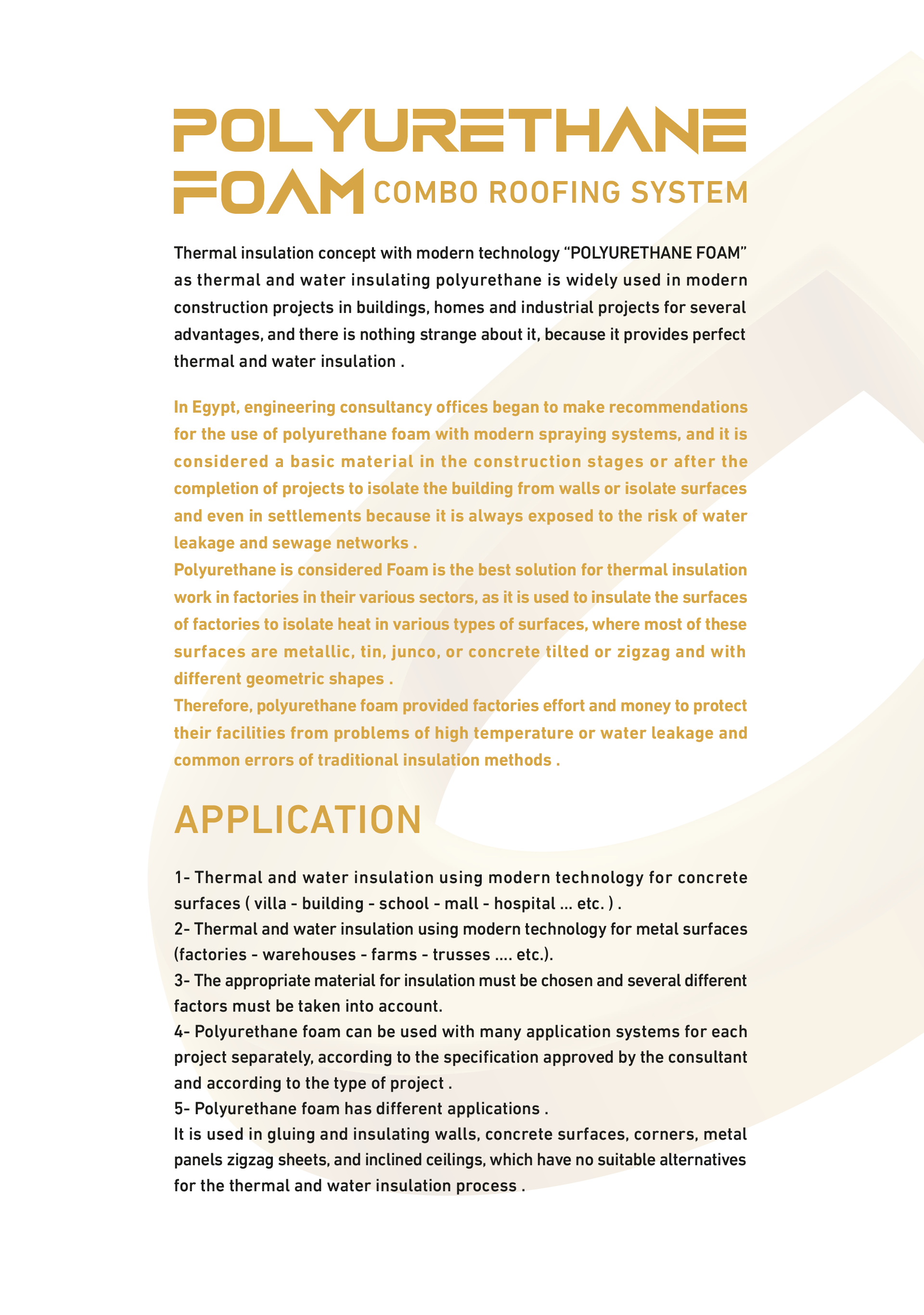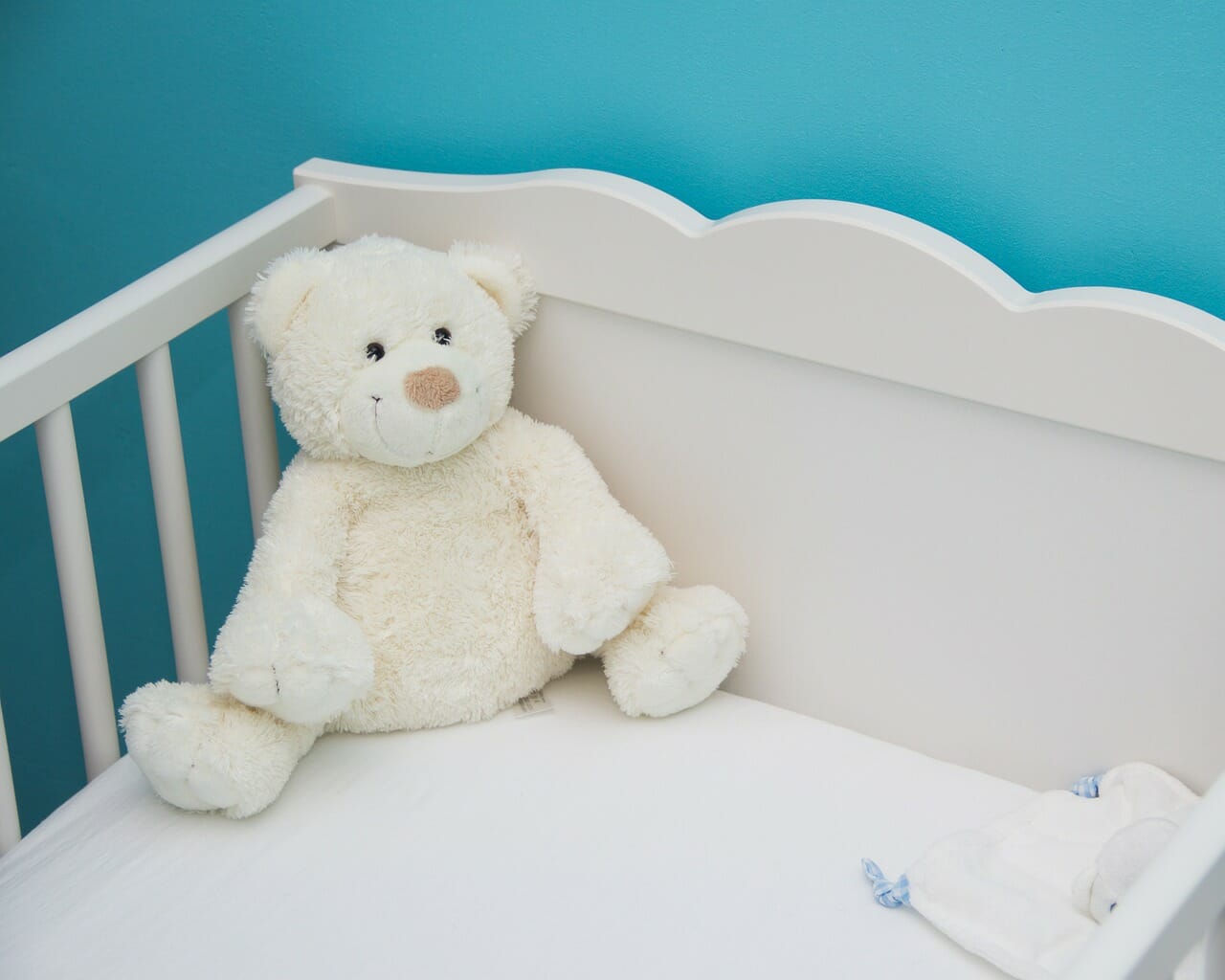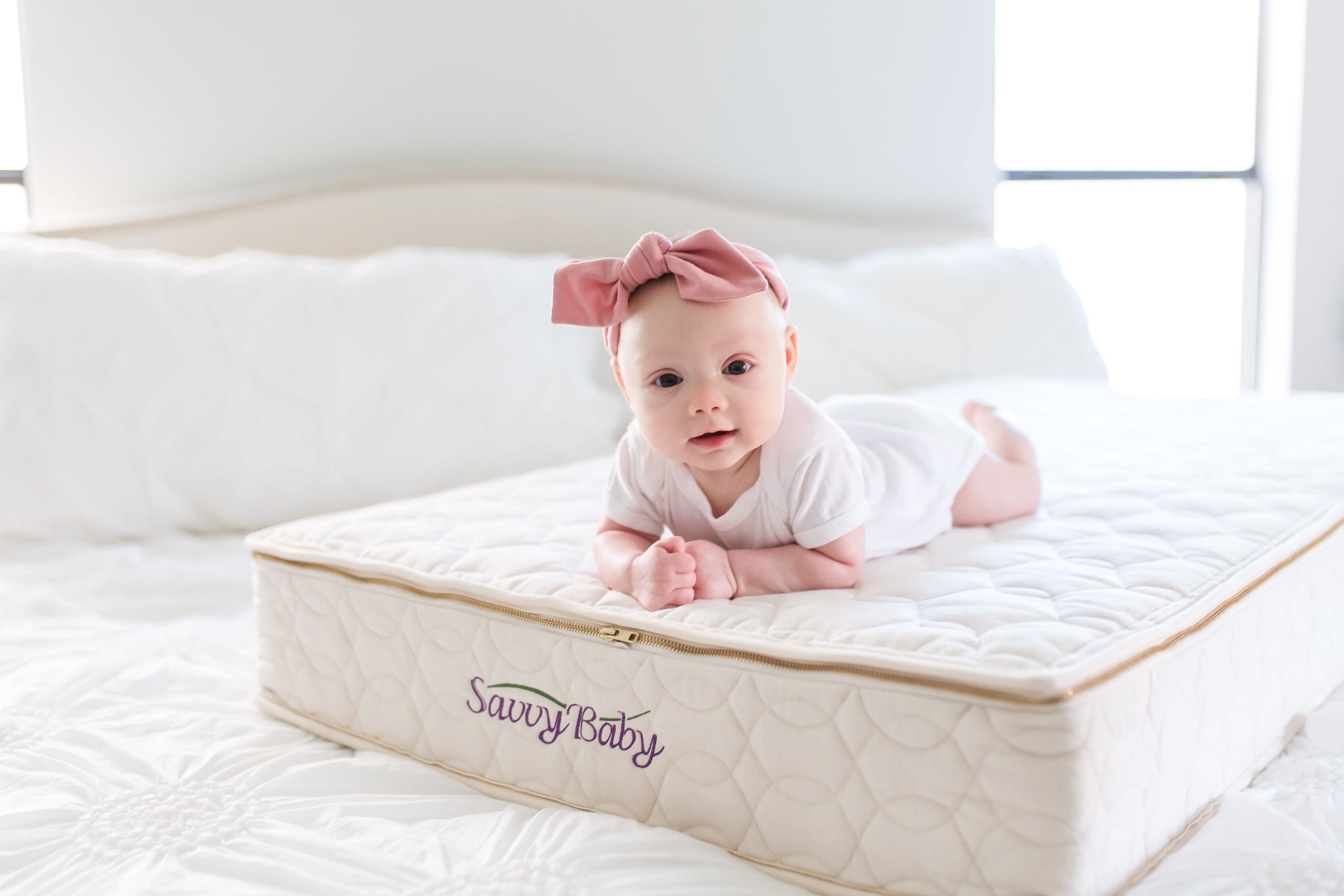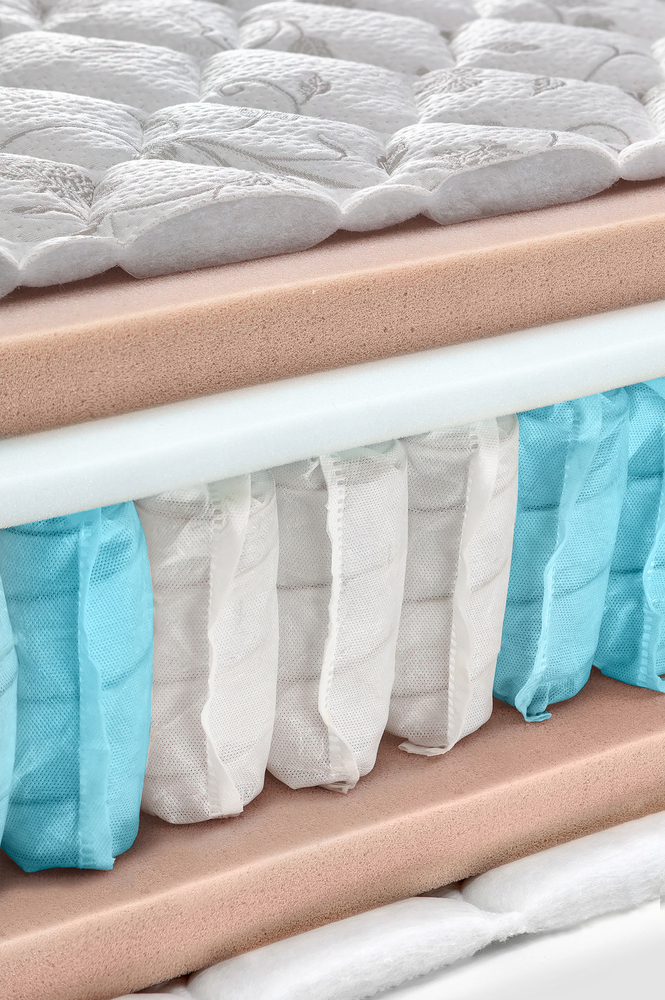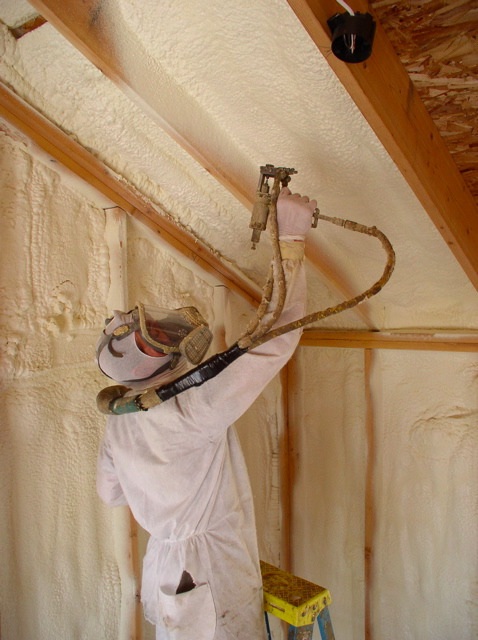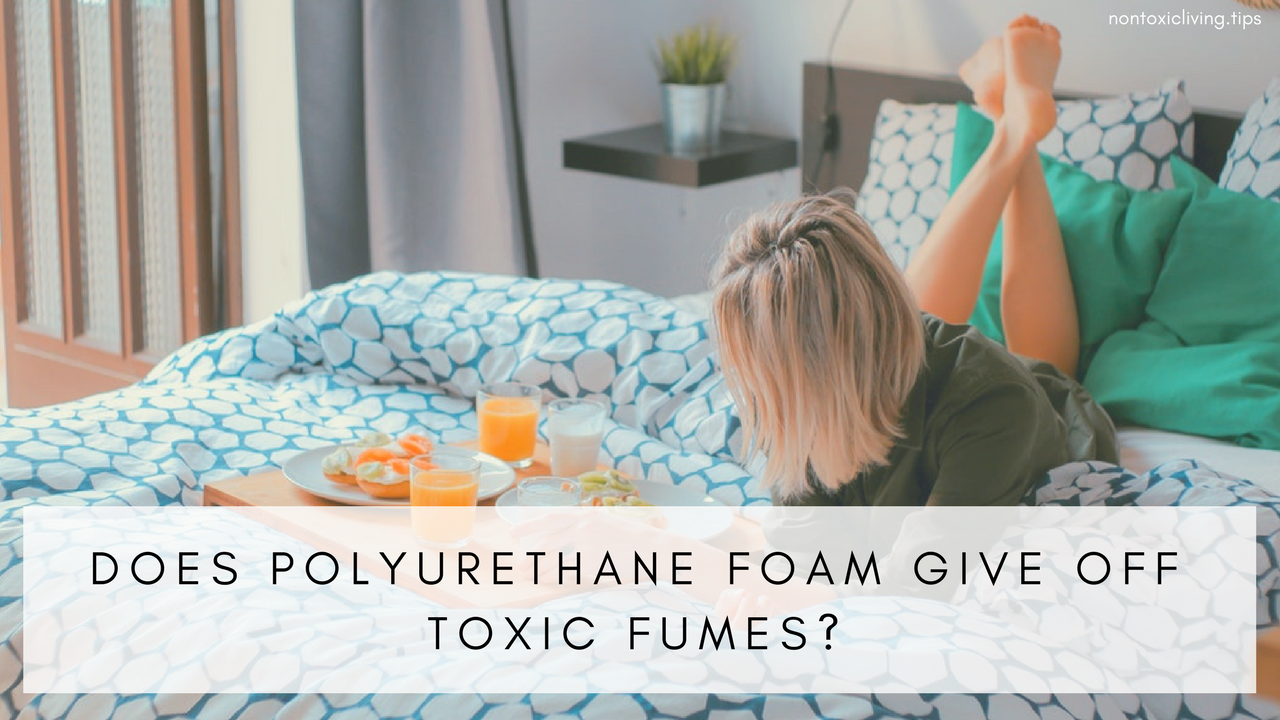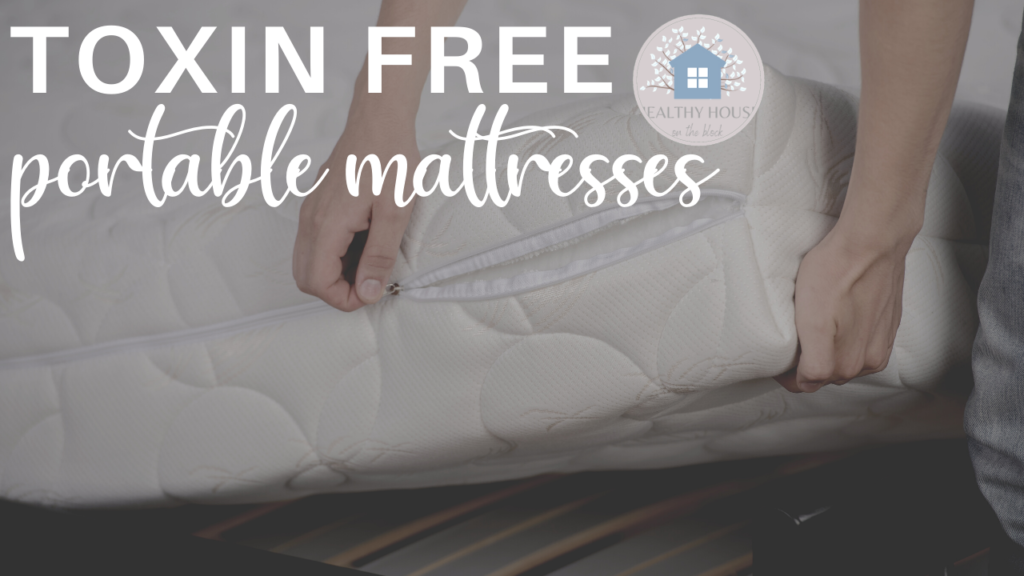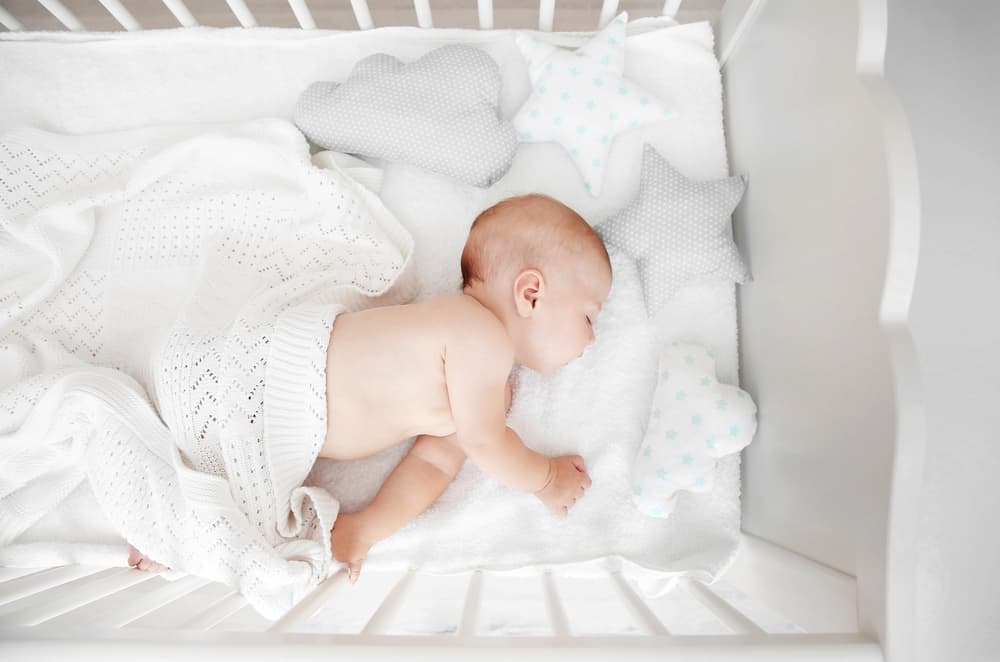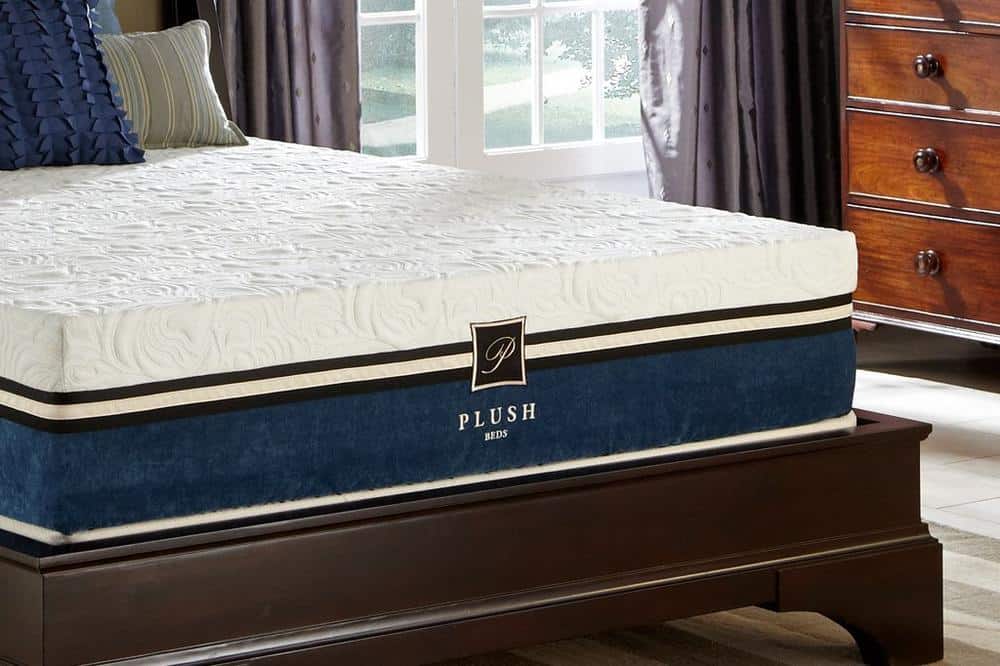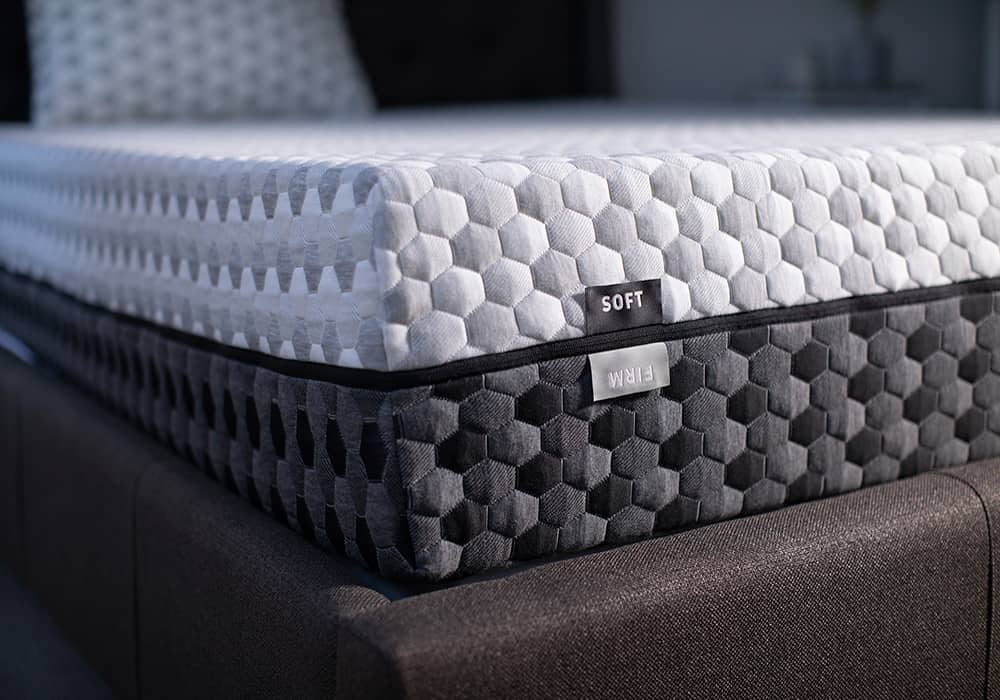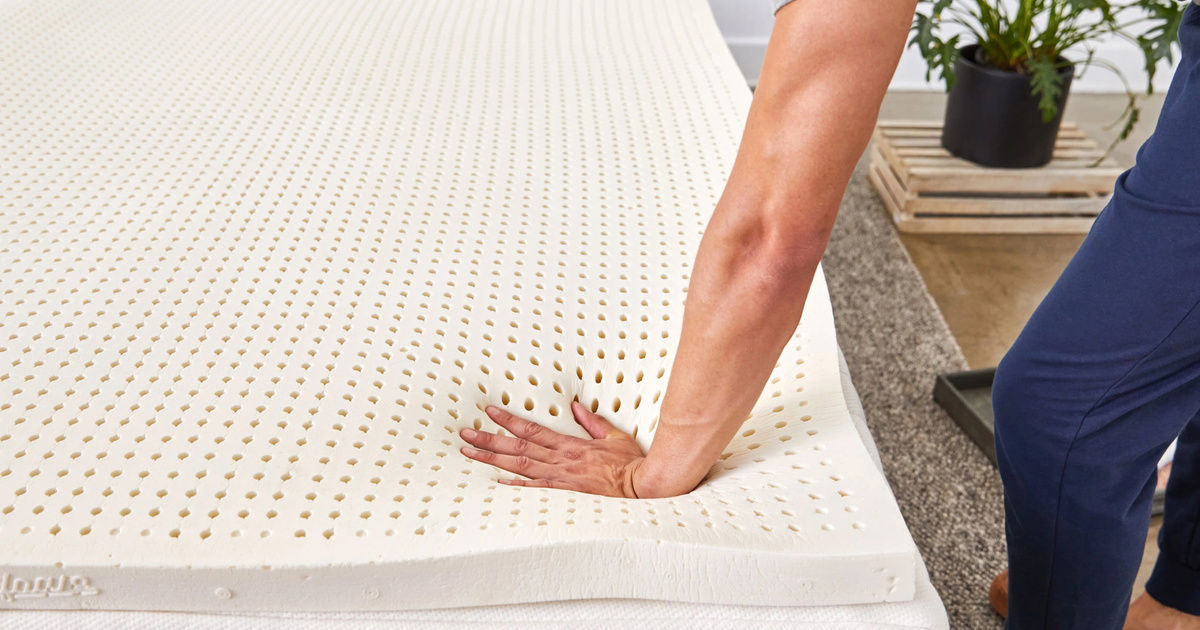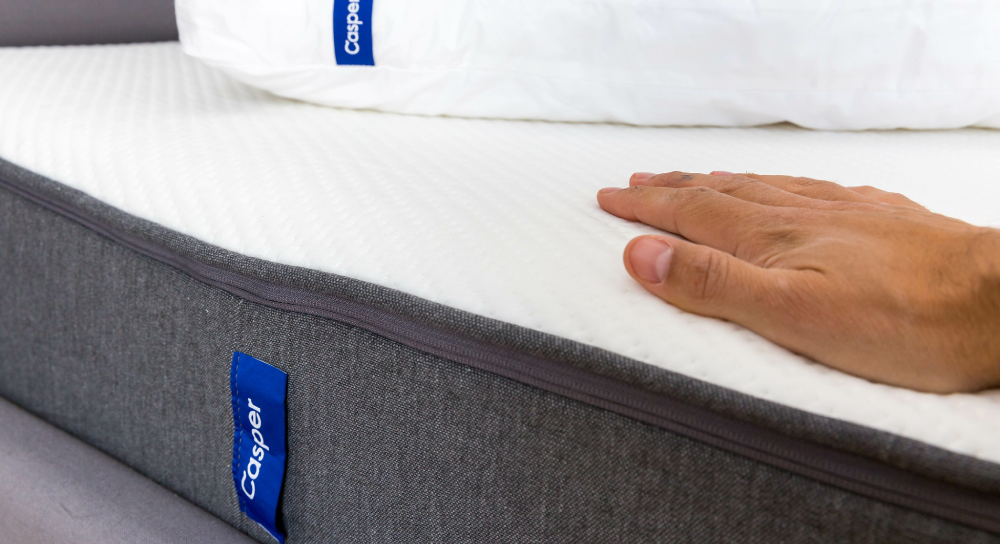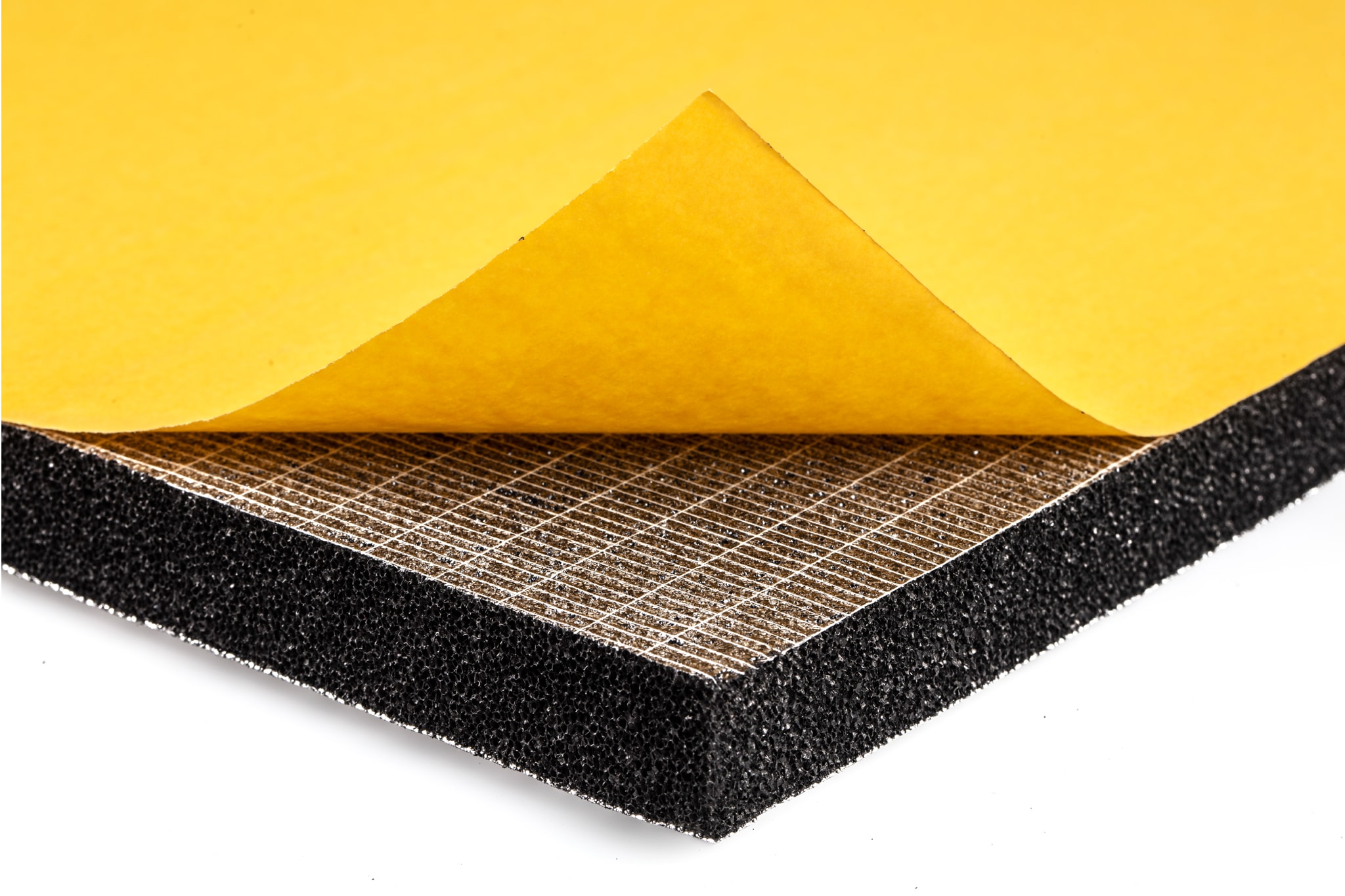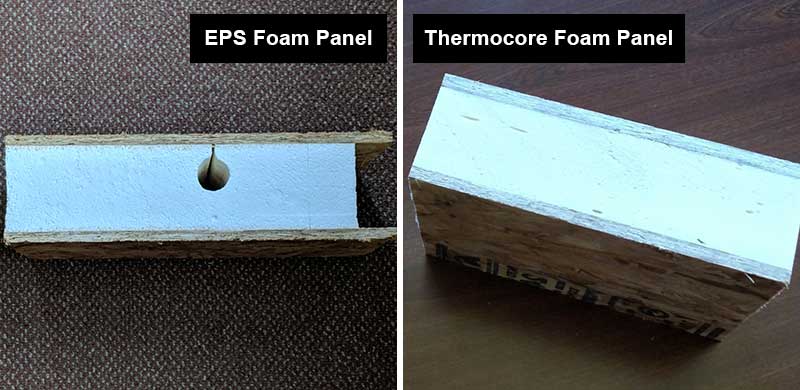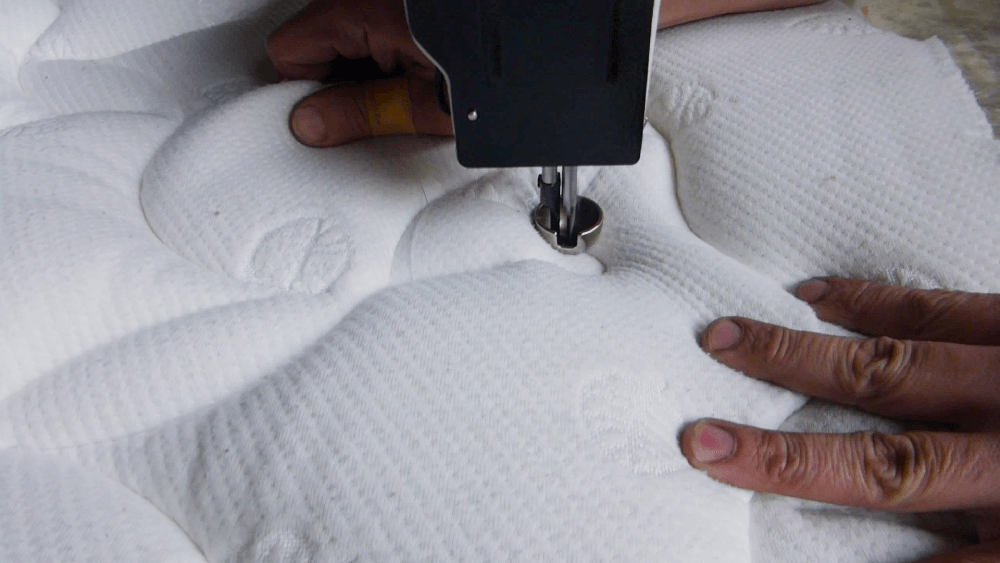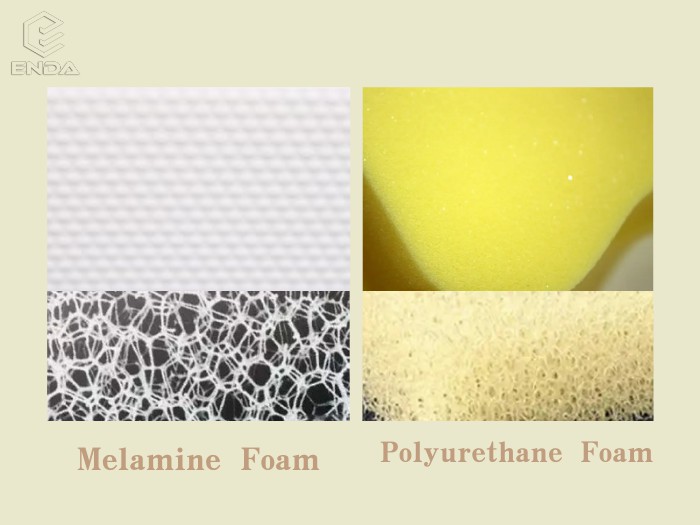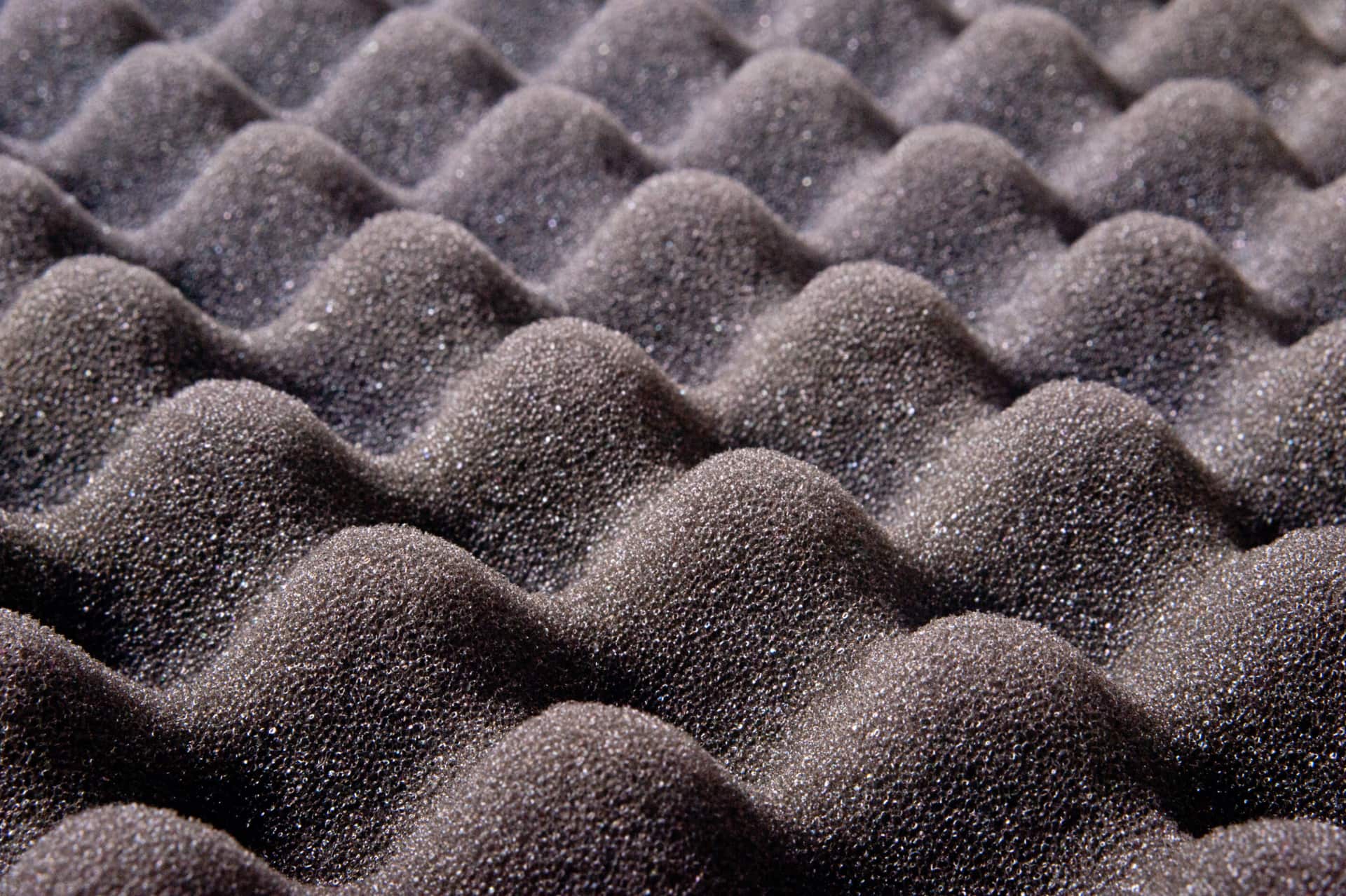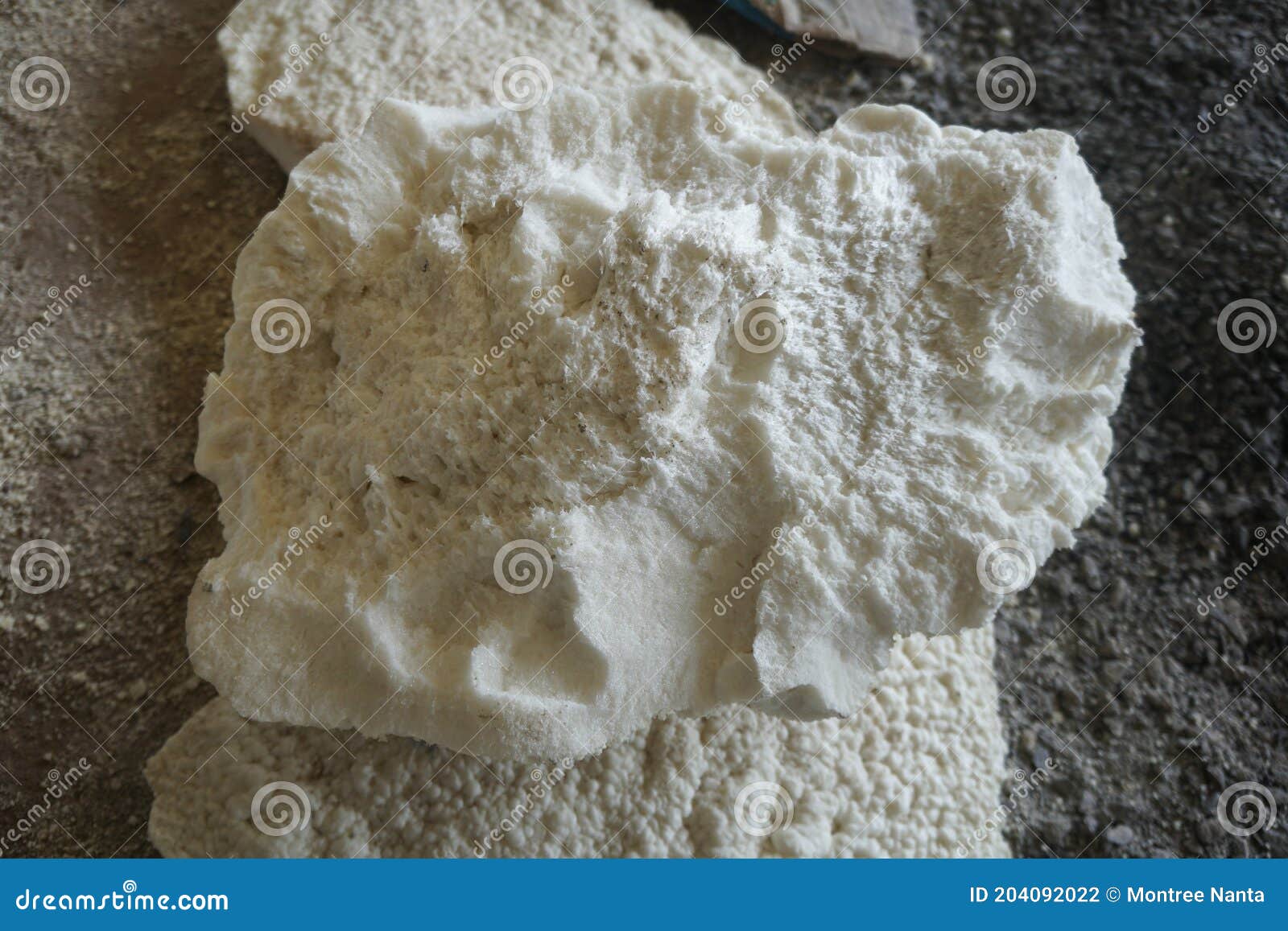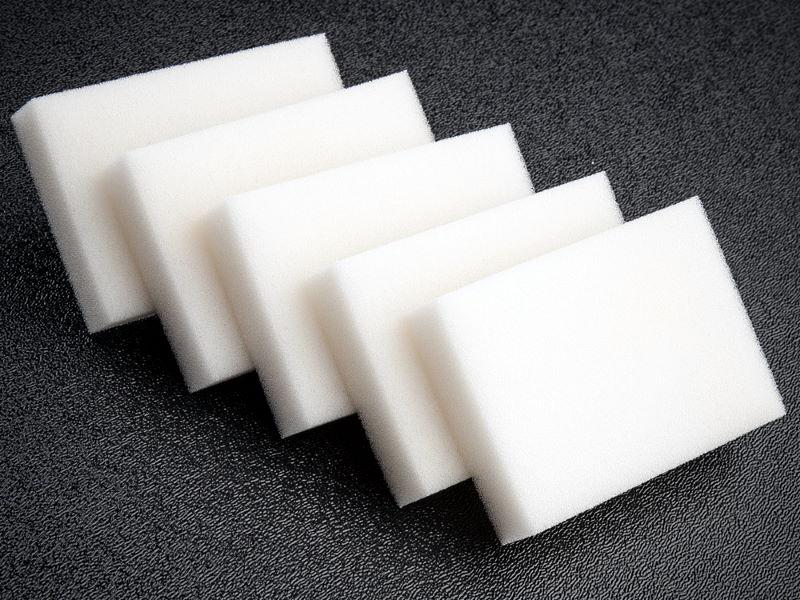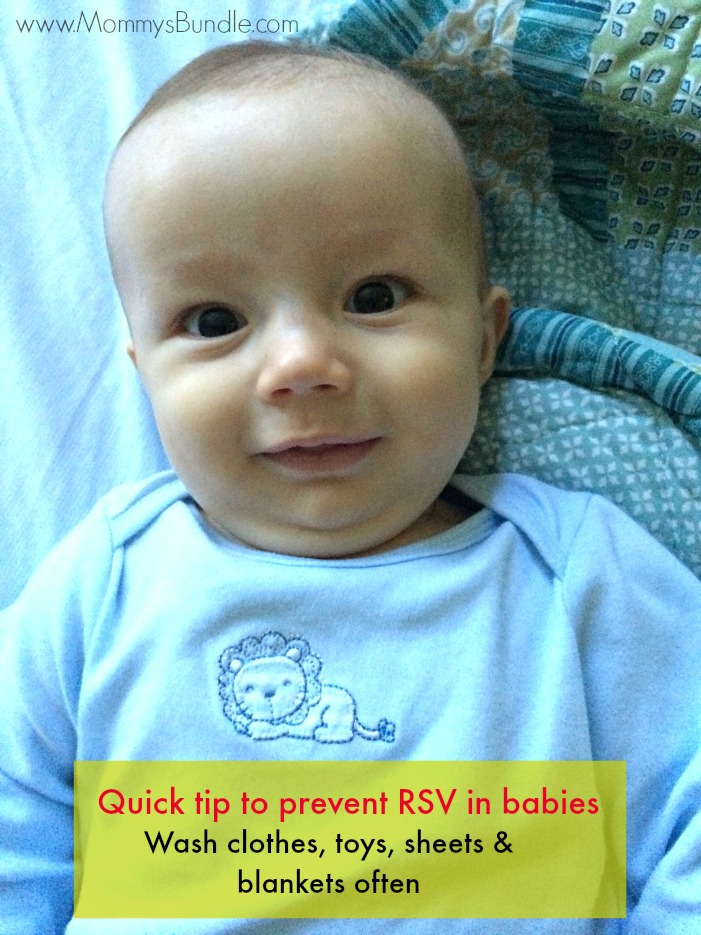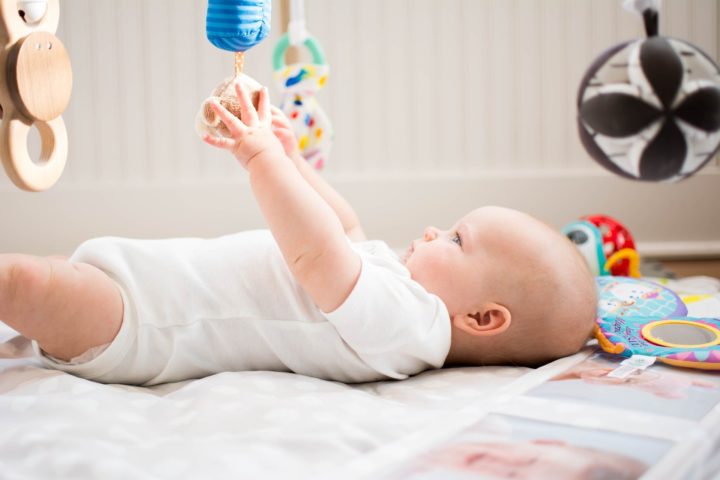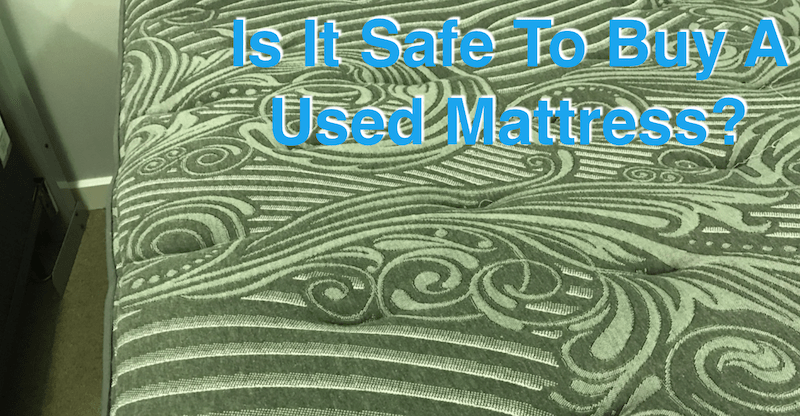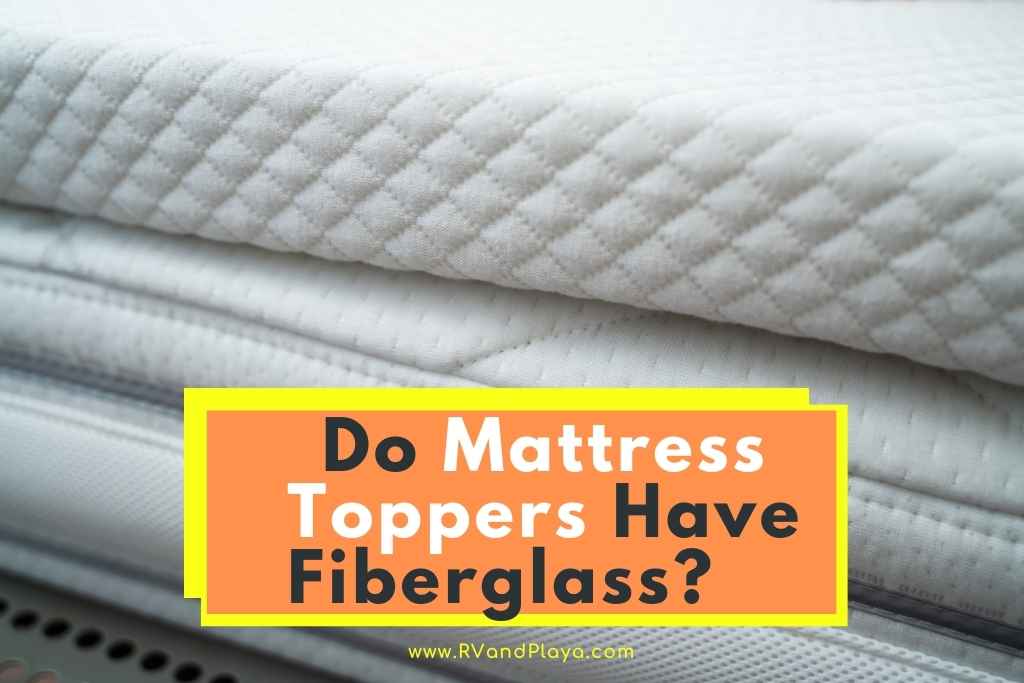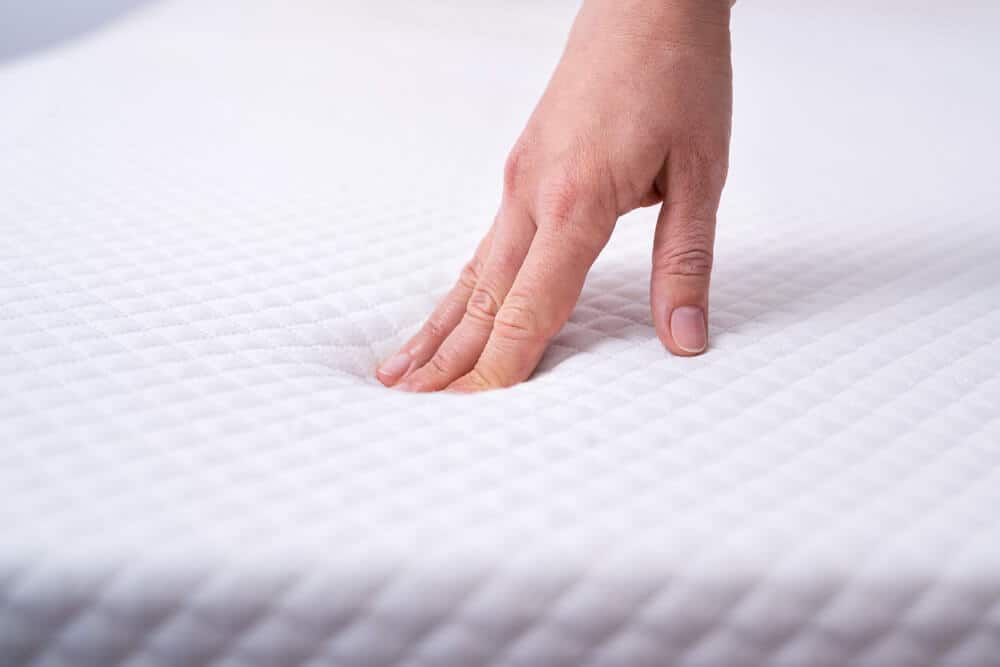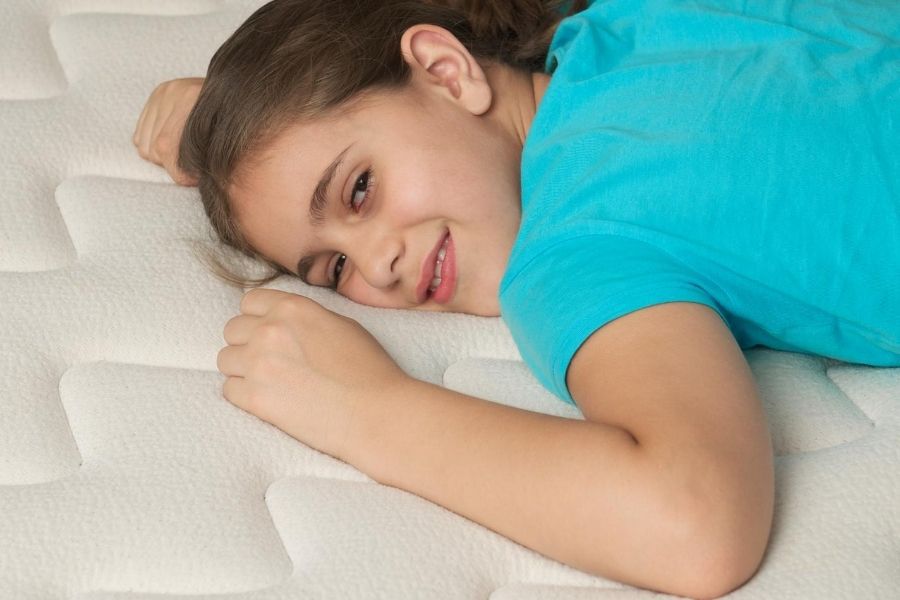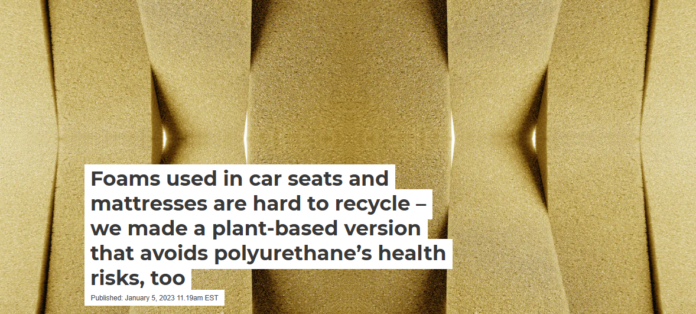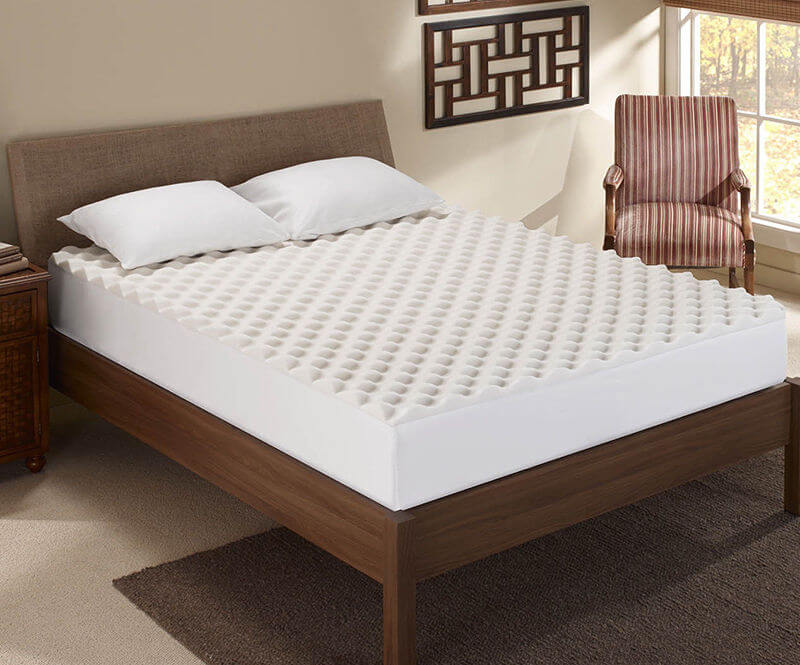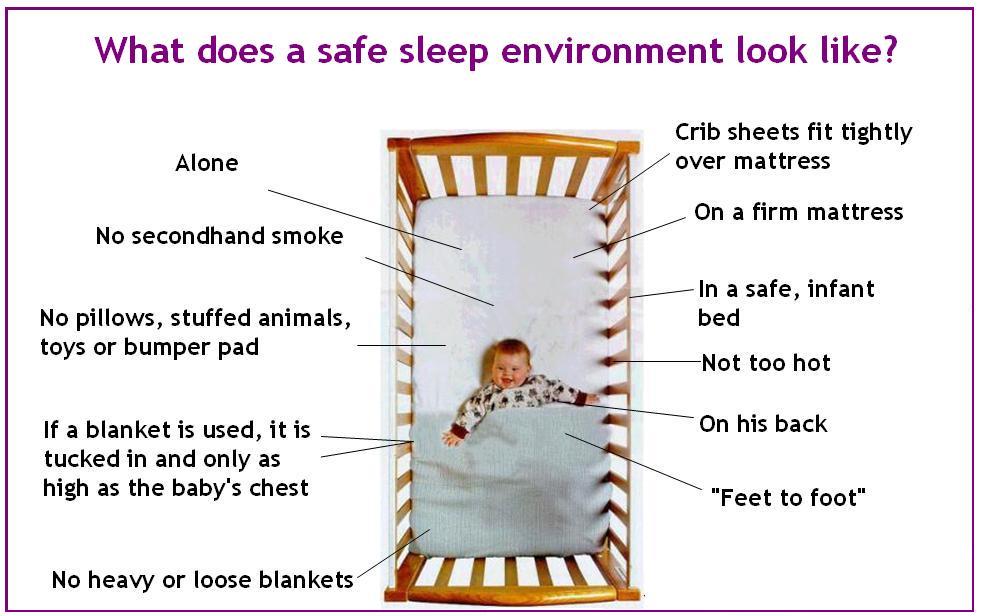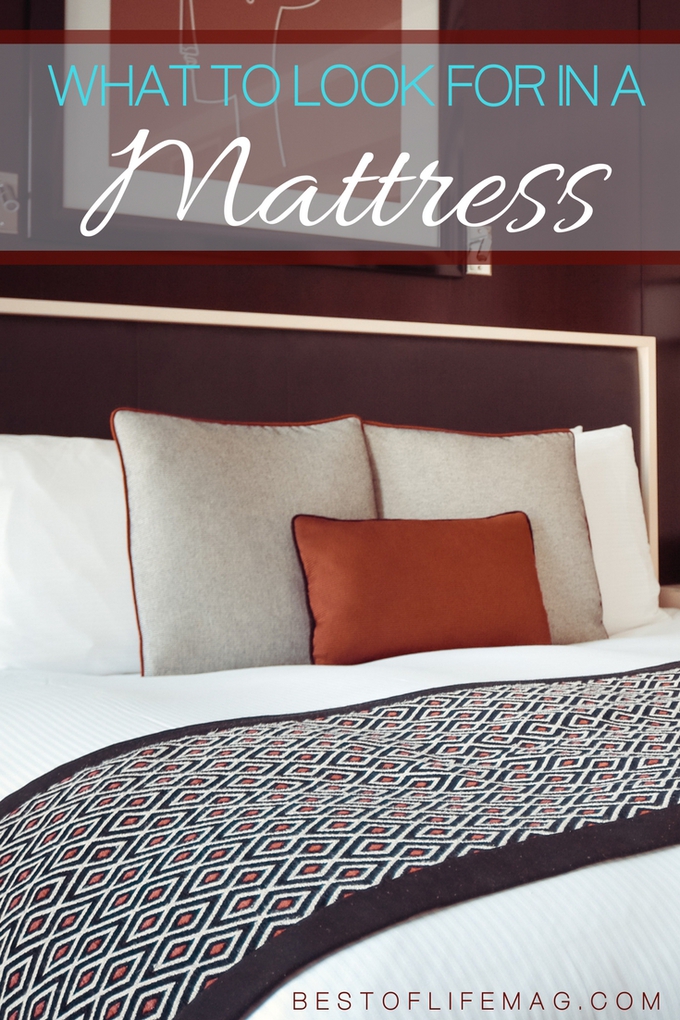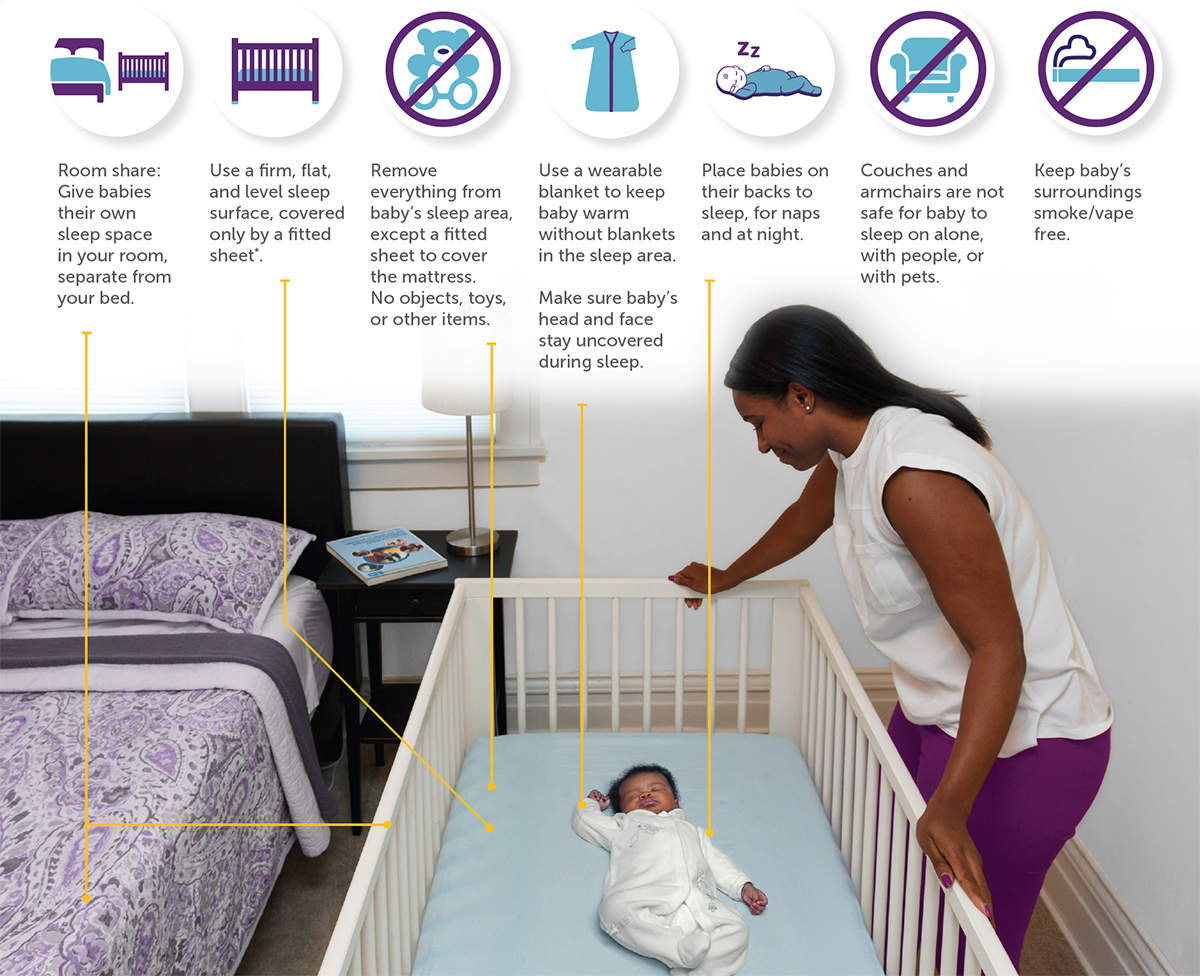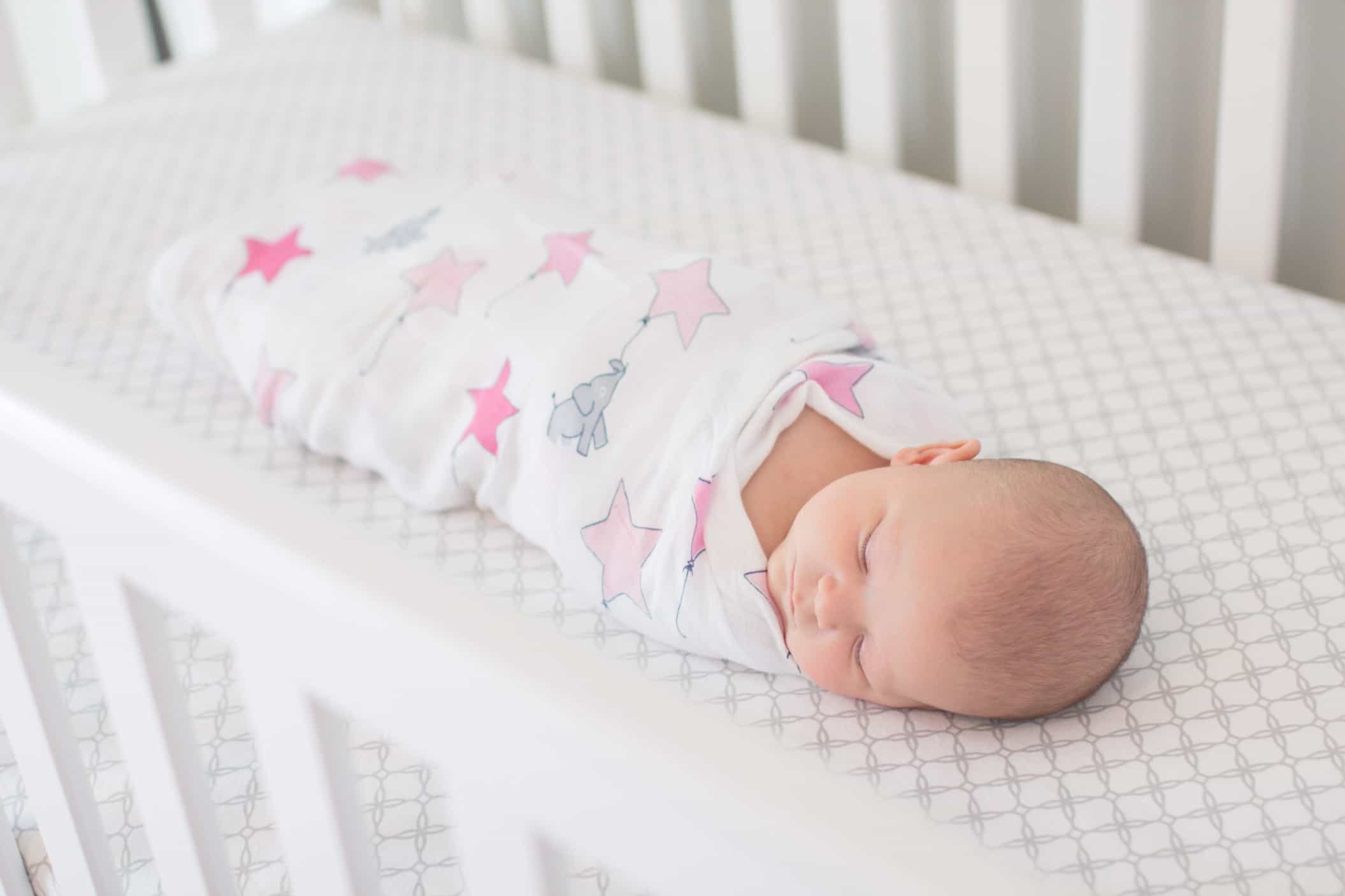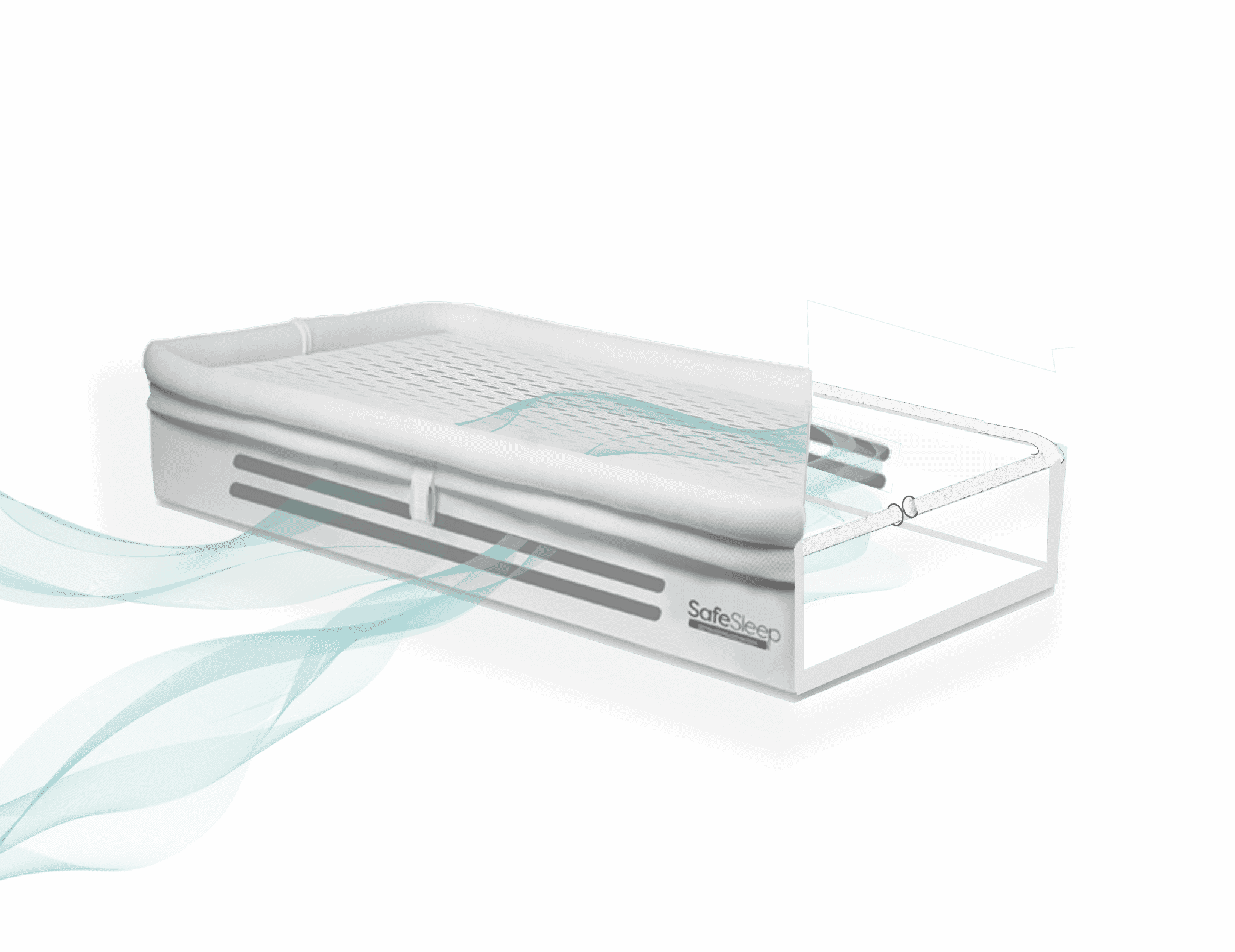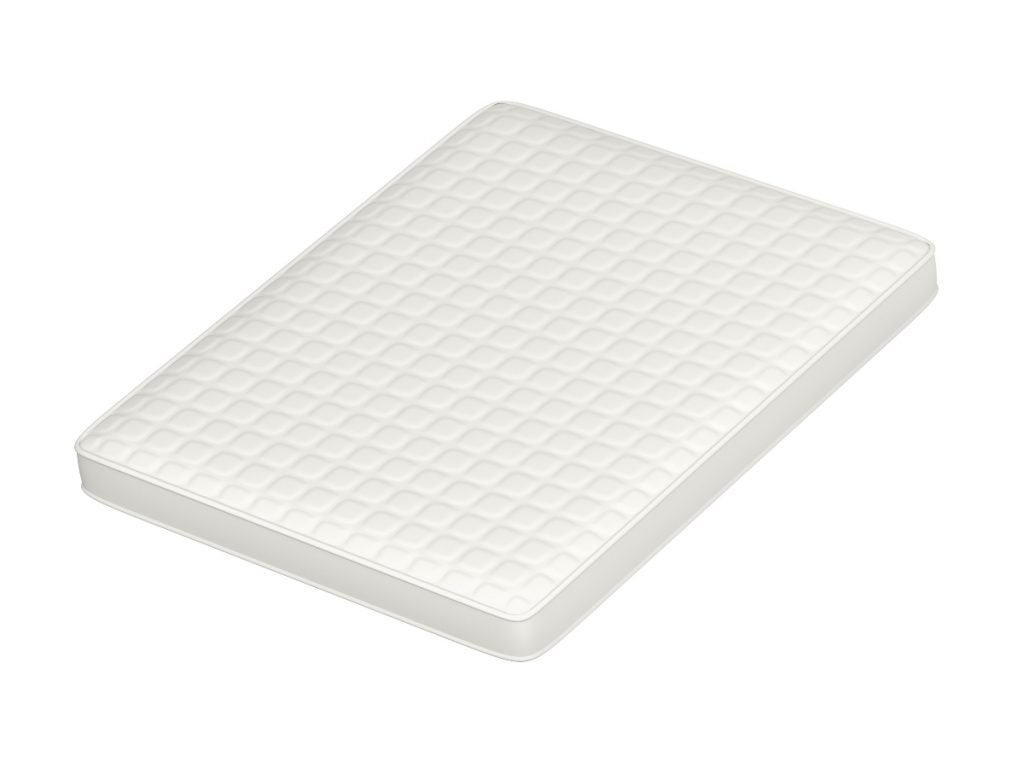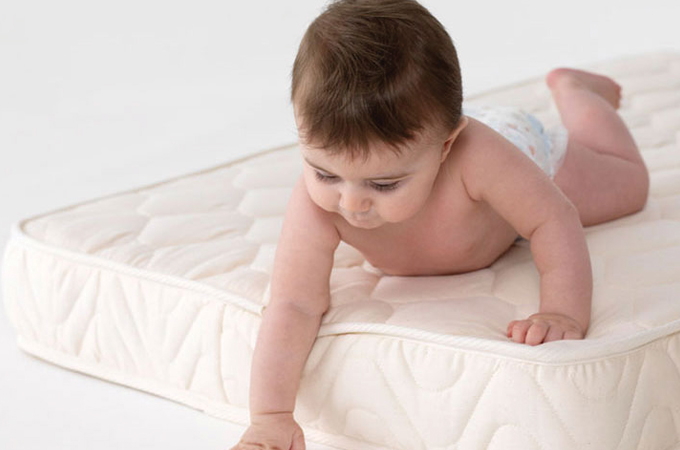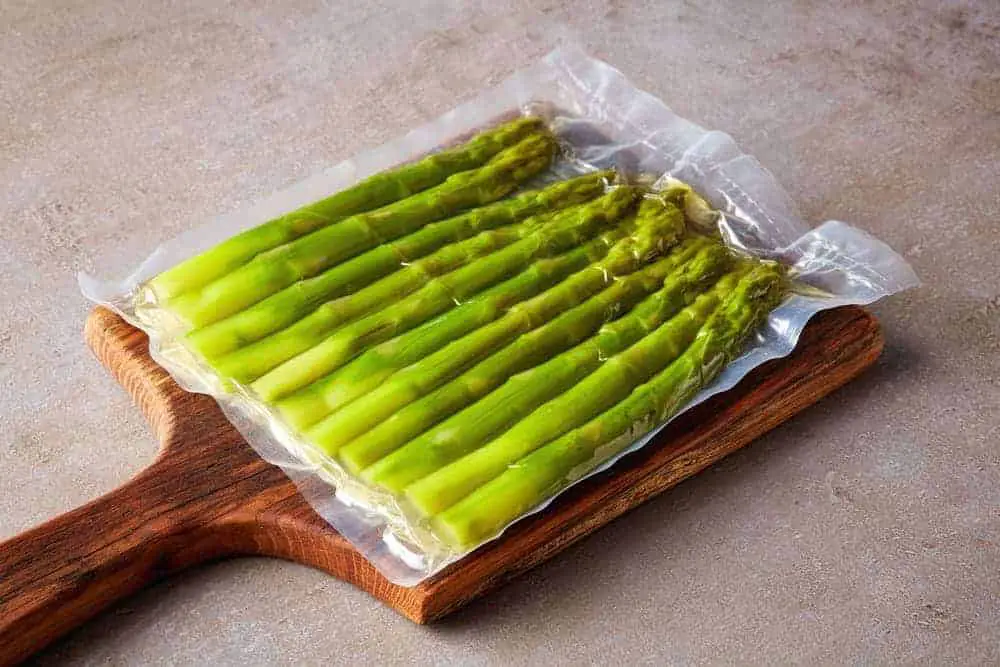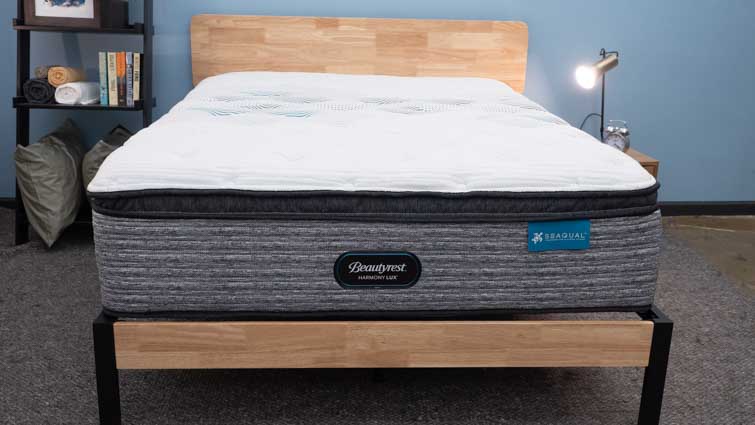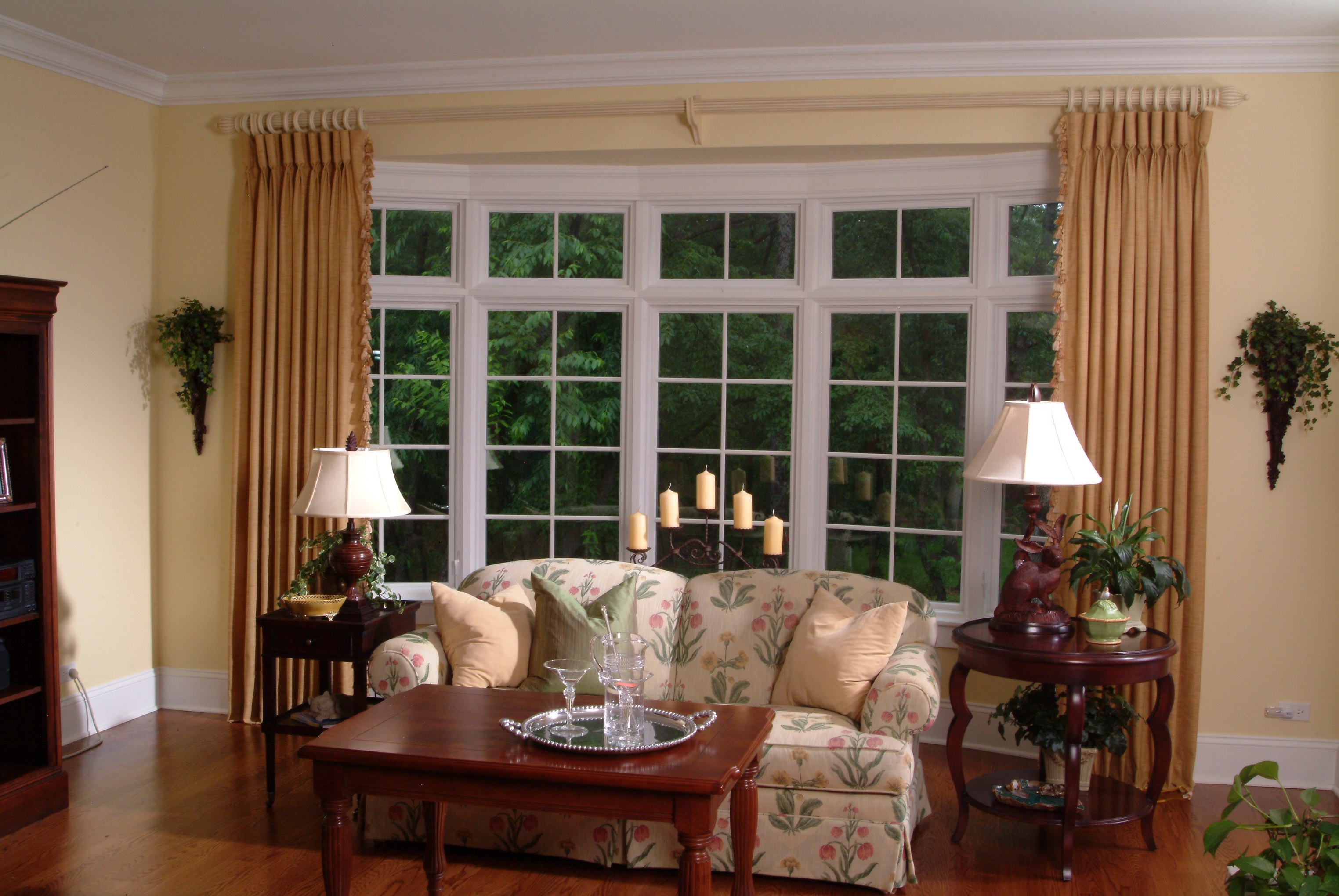Polyurethane Foam Mattress Safety for Babies
When it comes to choosing a mattress for your baby, safety should be your top priority. After all, your little one will be spending a lot of time sleeping on it during their first few years of life. One type of mattress that has gained popularity in recent years is polyurethane foam mattresses. But is polyurethane foam safe for baby mattresses? Let's explore the safety of these mattresses and take a look at the best options for your little one.
Is Polyurethane Foam Safe for Baby Mattresses?
The short answer is yes, polyurethane foam is considered safe for use in baby mattresses. It is a type of foam that is commonly used in mattresses and other furniture due to its affordability and durability. However, there are some concerns about the potential health risks associated with polyurethane foam, particularly for babies and young children.
One of the main concerns is the use of flame retardants in polyurethane foam. These chemicals are added to comply with fire safety regulations, but they have been linked to health issues such as hormone disruption and developmental delays in children. Additionally, polyurethane foam can emit volatile organic compounds (VOCs) which can have negative effects on indoor air quality and respiratory health.
Best Polyurethane Foam Mattresses for Babies
If you do decide to go with a polyurethane foam mattress for your baby, it's important to choose one that is safe and non-toxic. Look for mattresses that are certified by third-party organizations such as CertiPUR-US or Greenguard Gold, which ensure that the foam has been tested for harmful chemicals and emissions. Some popular brands that offer non-toxic polyurethane foam mattresses for babies include Naturepedic, Colgate, and Moonlight Slumber.
Non-Toxic Polyurethane Foam Mattresses for Babies
In addition to certifications, there are other factors to consider when looking for a non-toxic polyurethane foam mattress for your baby. Look for mattresses that are made with plant-based foam rather than petroleum-based foam, as this can reduce the amount of VOCs emitted. You can also opt for mattresses with a removable, washable cover to reduce exposure to any potential chemicals.
Choosing a Safe Polyurethane Foam Mattress for Your Baby
When shopping for a polyurethane foam mattress for your baby, it's important to do your research and look for safety features. Look for mattresses that are labeled as "flame retardant-free" or "low VOC" and avoid those that contain added fragrances or perfumes. You can also reach out to the manufacturer to ask about their use of flame retardants and other chemicals in their mattresses.
Polyurethane Foam vs. Organic Mattresses for Babies
Organic mattresses are becoming increasingly popular for babies, as they are made with natural materials and free from harmful chemicals. However, they can come with a higher price tag. When it comes to choosing between a polyurethane foam and organic mattress for your baby, it ultimately comes down to personal preference and budget. Both types of mattresses can be safe for your baby, as long as they meet certain safety standards.
How to Ensure Your Baby's Mattress is Safe
In addition to choosing a safe mattress, there are other steps you can take to ensure your baby's mattress is as safe as possible. Always follow the manufacturer's guidelines for proper use and maintenance of the mattress. Make sure the mattress fits snugly in the crib with no gaps, as this can pose a suffocation hazard. And always use a waterproof mattress cover to protect against spills and accidents.
The Truth About Polyurethane Foam and Baby Mattresses
While there are some concerns about the safety of polyurethane foam in baby mattresses, it's important to remember that mattresses are just one aspect of your baby's environment. There are other potential sources of harmful chemicals and VOCs, such as household cleaners and personal care products. It's important to be mindful of all of these factors and make informed choices for your baby's health and safety.
Safe Sleep: Polyurethane Foam Mattresses for Babies
In addition to choosing a safe mattress, there are other ways to promote safe sleep for your baby. The American Academy of Pediatrics recommends placing babies on their back to sleep and using a firm, flat surface for their sleep space. Keep the crib free from any loose bedding, toys, or other objects that could pose a suffocation hazard. And always follow safe sleep practices, such as keeping the room at a comfortable temperature and avoiding smoking around your baby.
What to Look for in a Safe Baby Mattress
The Benefits of Choosing a Polyurethane Foam Mattress for Your Baby
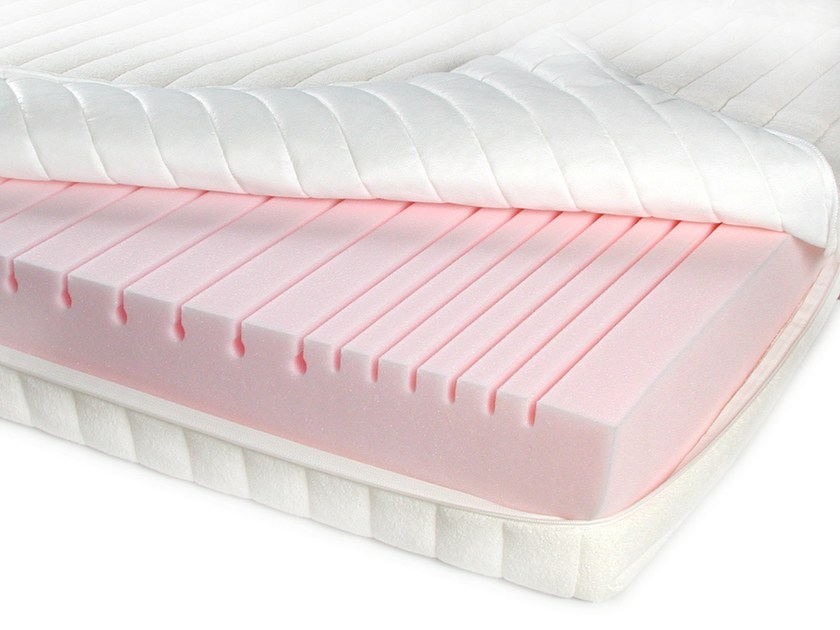
Ensuring a Safe and Comfortable Sleep Environment
 When it comes to designing your baby's nursery, safety and comfort are of utmost importance. One of the most crucial decisions you'll have to make is choosing the right
mattress
for your little one's crib. With so many options available in the market, it can be overwhelming to pick the best one. However, one type of
mattress
that stands out for its safety and comfort features is the
polyurethane foam mattress
.
Polyurethane foam is a type of
foam
material that is commonly used in mattresses, pillows, and other cushioning products. It is known for its
soft
and
supportive
properties, making it an ideal choice for babies. But what sets a
polyurethane foam mattress
apart from other types of
mattresses
when it comes to safety?
First and foremost,
polyurethane foam mattresses
are made without the use of harmful chemicals such as
phthalates
,
formaldehyde
, and
flame retardants
. These chemicals have been linked to various health issues and can be particularly harmful to babies, whose bodies are still developing. With a
polyurethane foam mattress
, you can rest assured that your baby is not exposed to any harmful substances while sleeping.
Moreover,
polyurethane foam mattresses
have a
firm
and
uniform
surface, which is recommended by pediatricians for
safe
sleep. This prevents the baby from sinking into the
mattress
and potentially suffocating. The
firm
surface also helps to promote proper spinal alignment and support for your baby's growing body.
In addition,
polyurethane foam mattresses
are also
hypoallergenic
and
antimicrobial
, making them resistant to dust mites, mold, and other allergens. This is especially beneficial for babies who have sensitive skin or allergies, as it reduces the risk of irritation and respiratory problems.
Aside from being safe,
polyurethane foam mattresses
also offer superior
comfort
for your baby. The
soft
and
supportive
nature of the foam allows for even weight distribution, relieving pressure points and ensuring a restful sleep for your little one.
So if you're looking for a
mattress
that is not only safe but also provides optimal comfort for your baby, a
polyurethane foam mattress
is definitely worth considering. Its
firm
and
hypoallergenic
properties, coupled with its
soft
and
supportive
nature, make it an ideal choice for your baby's crib. Invest in a
polyurethane foam mattress
and give your baby a safe and comfortable sleep environment.
When it comes to designing your baby's nursery, safety and comfort are of utmost importance. One of the most crucial decisions you'll have to make is choosing the right
mattress
for your little one's crib. With so many options available in the market, it can be overwhelming to pick the best one. However, one type of
mattress
that stands out for its safety and comfort features is the
polyurethane foam mattress
.
Polyurethane foam is a type of
foam
material that is commonly used in mattresses, pillows, and other cushioning products. It is known for its
soft
and
supportive
properties, making it an ideal choice for babies. But what sets a
polyurethane foam mattress
apart from other types of
mattresses
when it comes to safety?
First and foremost,
polyurethane foam mattresses
are made without the use of harmful chemicals such as
phthalates
,
formaldehyde
, and
flame retardants
. These chemicals have been linked to various health issues and can be particularly harmful to babies, whose bodies are still developing. With a
polyurethane foam mattress
, you can rest assured that your baby is not exposed to any harmful substances while sleeping.
Moreover,
polyurethane foam mattresses
have a
firm
and
uniform
surface, which is recommended by pediatricians for
safe
sleep. This prevents the baby from sinking into the
mattress
and potentially suffocating. The
firm
surface also helps to promote proper spinal alignment and support for your baby's growing body.
In addition,
polyurethane foam mattresses
are also
hypoallergenic
and
antimicrobial
, making them resistant to dust mites, mold, and other allergens. This is especially beneficial for babies who have sensitive skin or allergies, as it reduces the risk of irritation and respiratory problems.
Aside from being safe,
polyurethane foam mattresses
also offer superior
comfort
for your baby. The
soft
and
supportive
nature of the foam allows for even weight distribution, relieving pressure points and ensuring a restful sleep for your little one.
So if you're looking for a
mattress
that is not only safe but also provides optimal comfort for your baby, a
polyurethane foam mattress
is definitely worth considering. Its
firm
and
hypoallergenic
properties, coupled with its
soft
and
supportive
nature, make it an ideal choice for your baby's crib. Invest in a
polyurethane foam mattress
and give your baby a safe and comfortable sleep environment.



